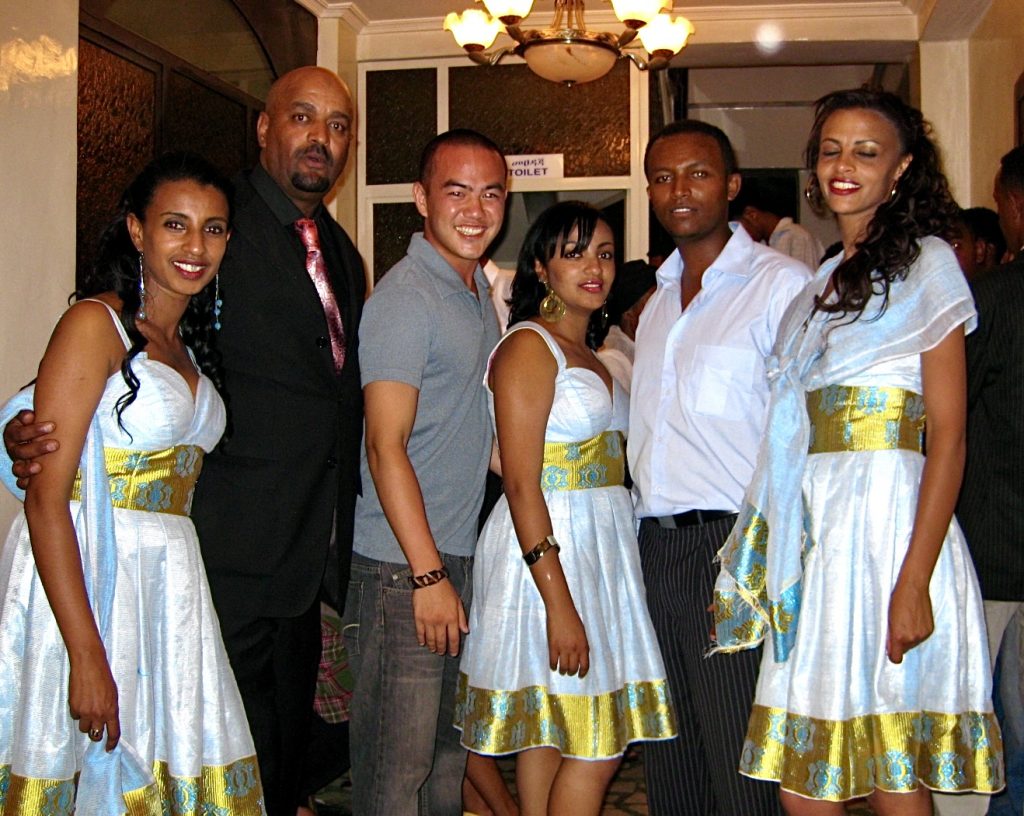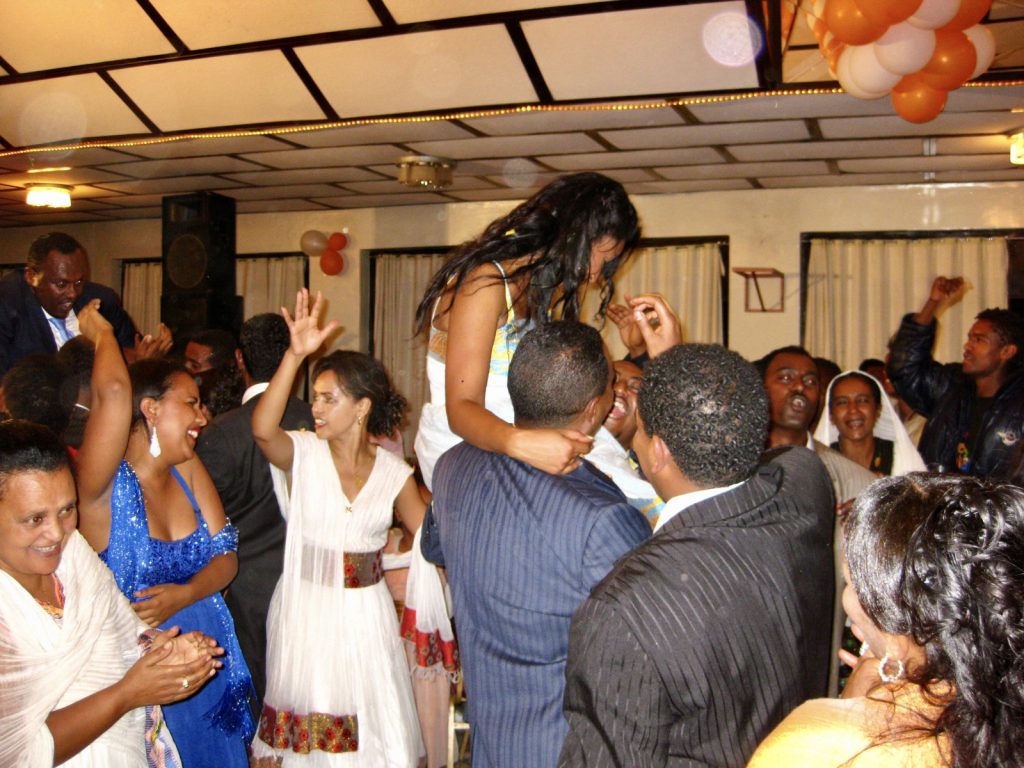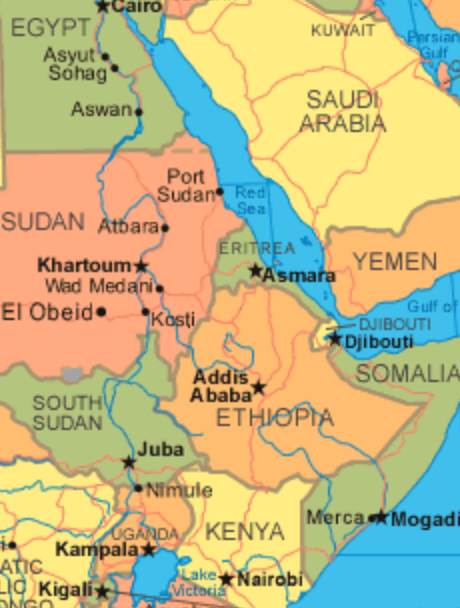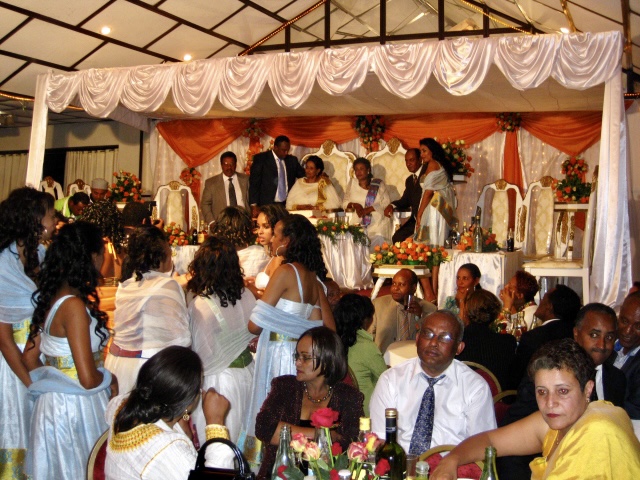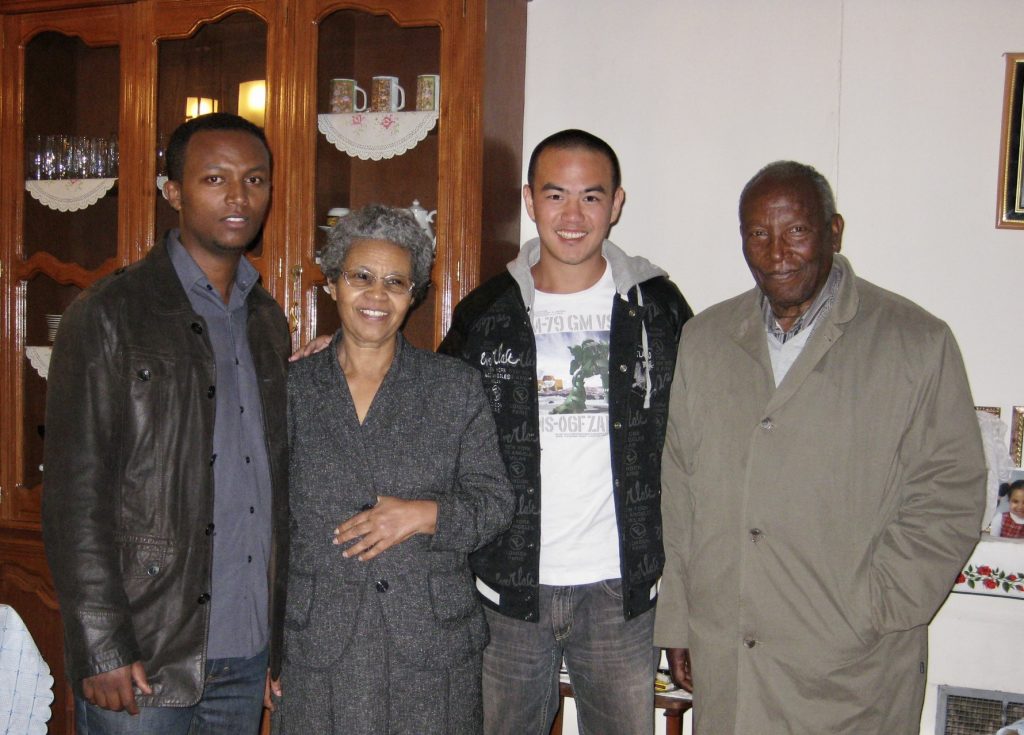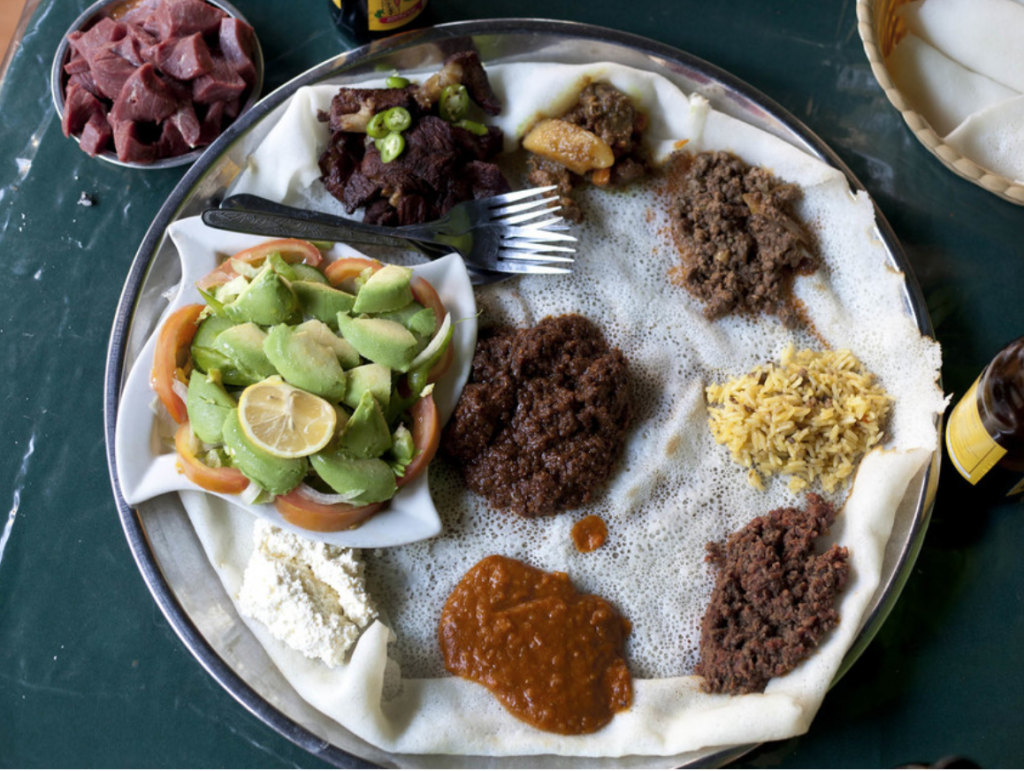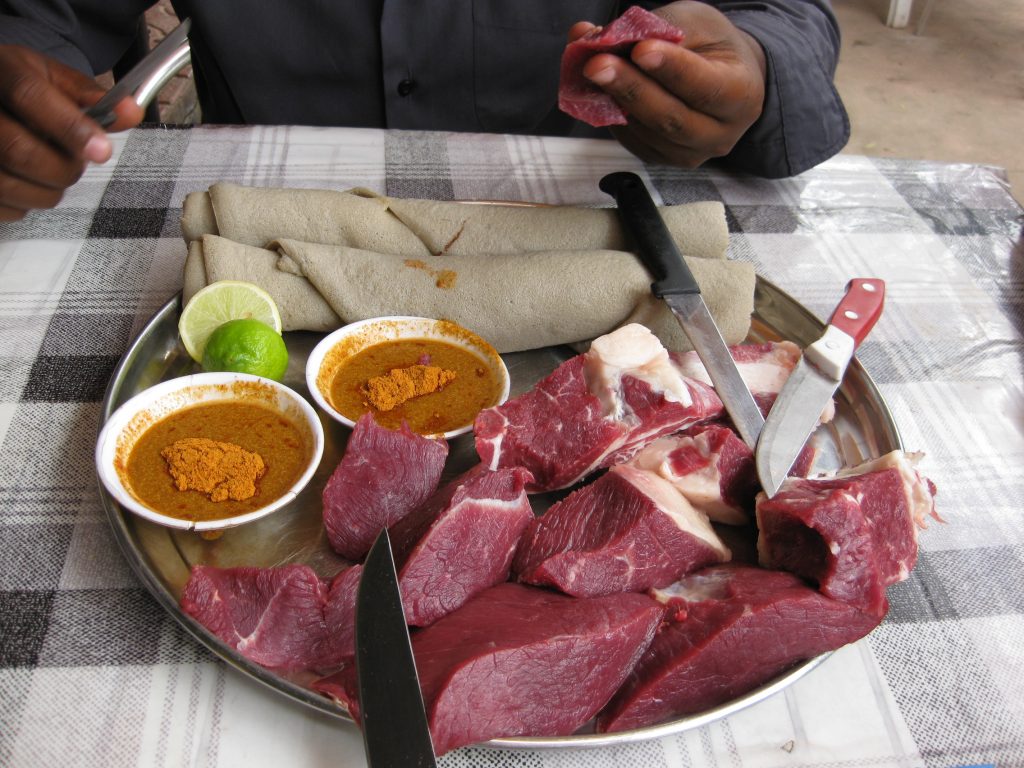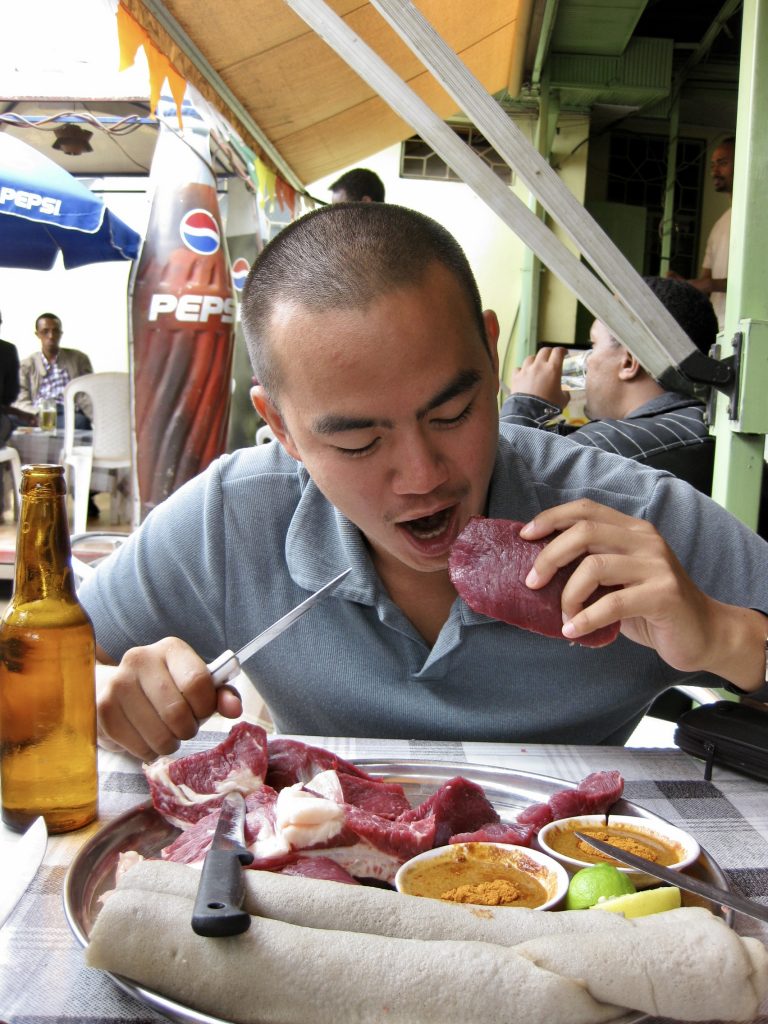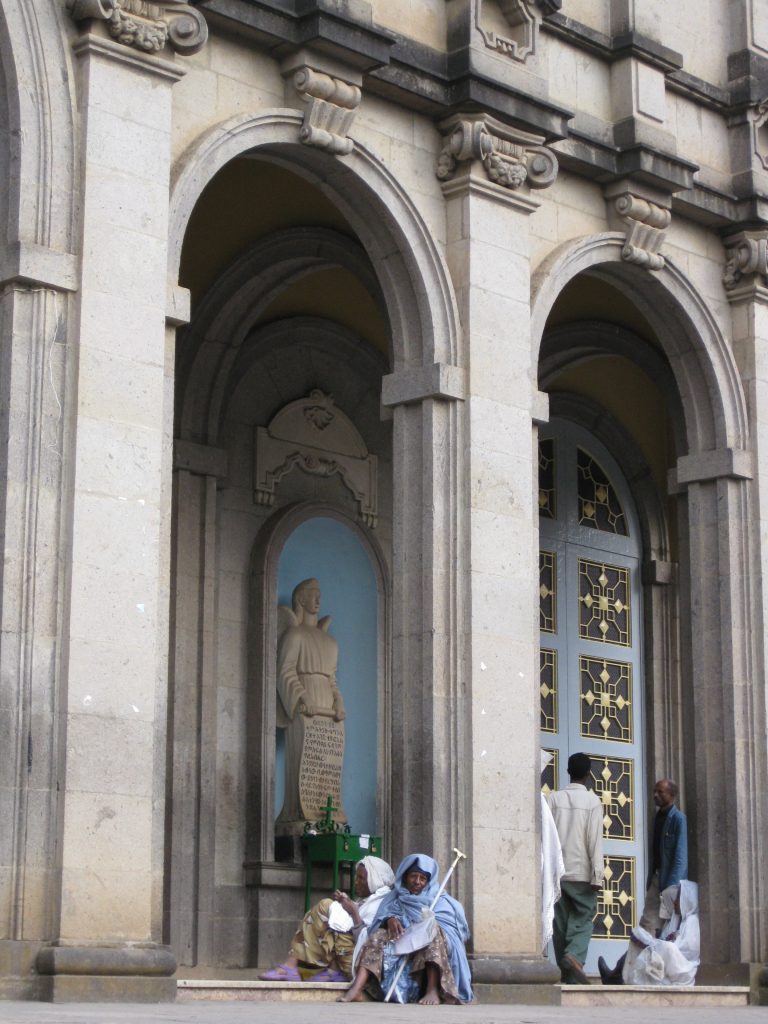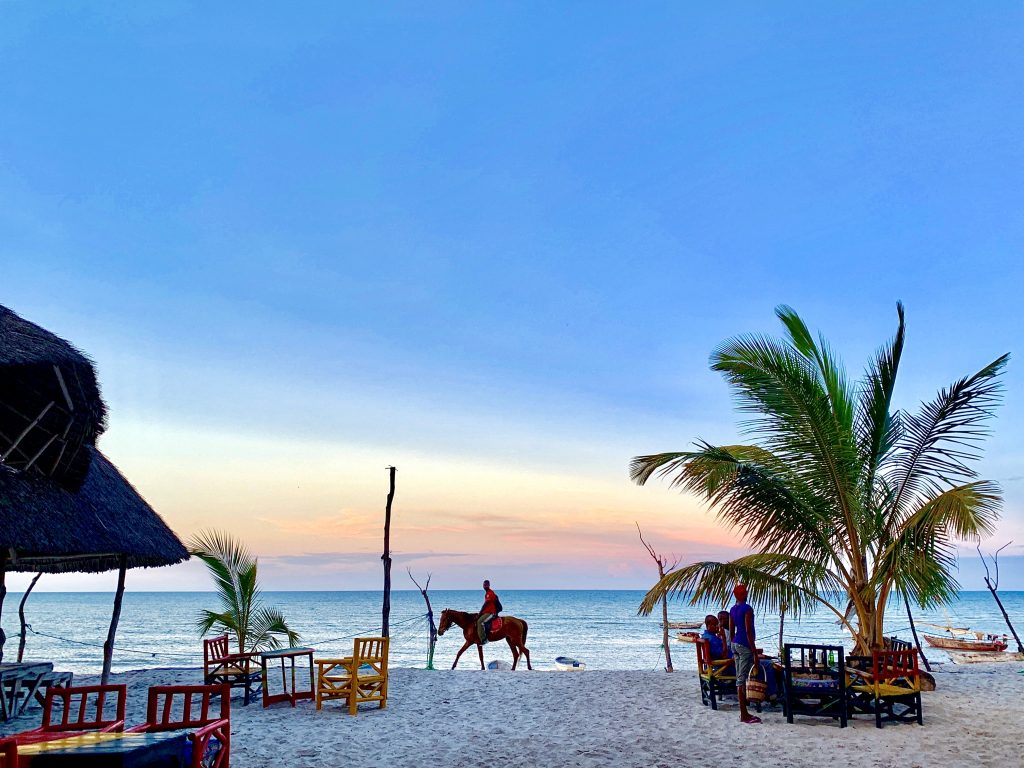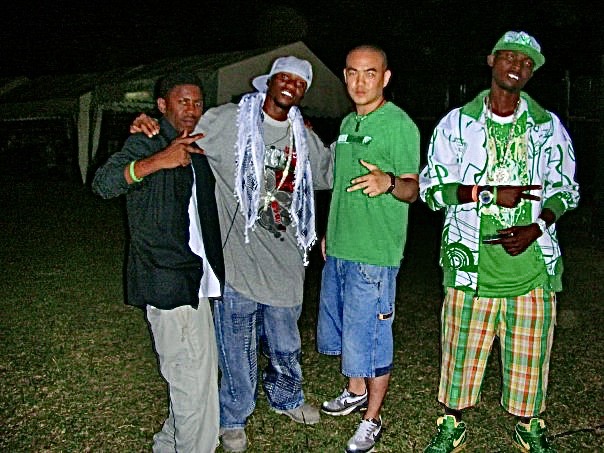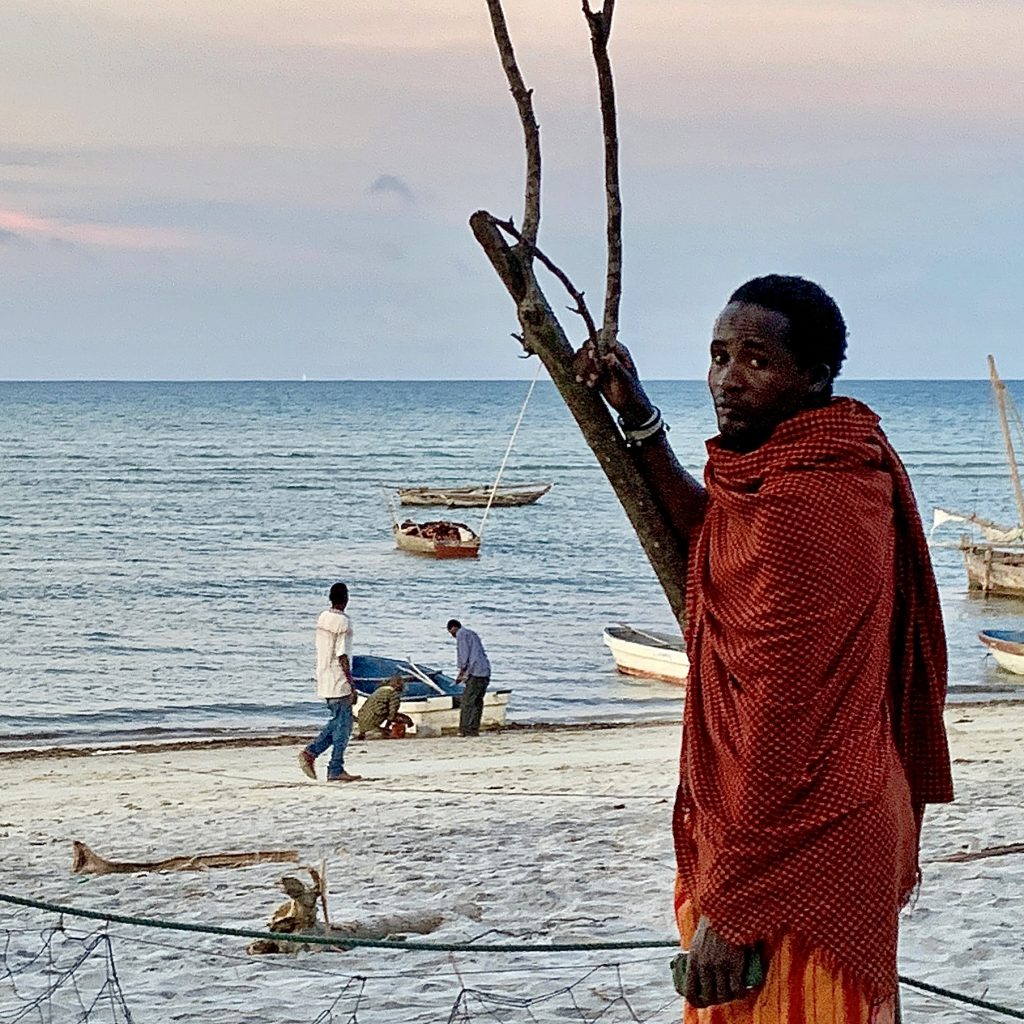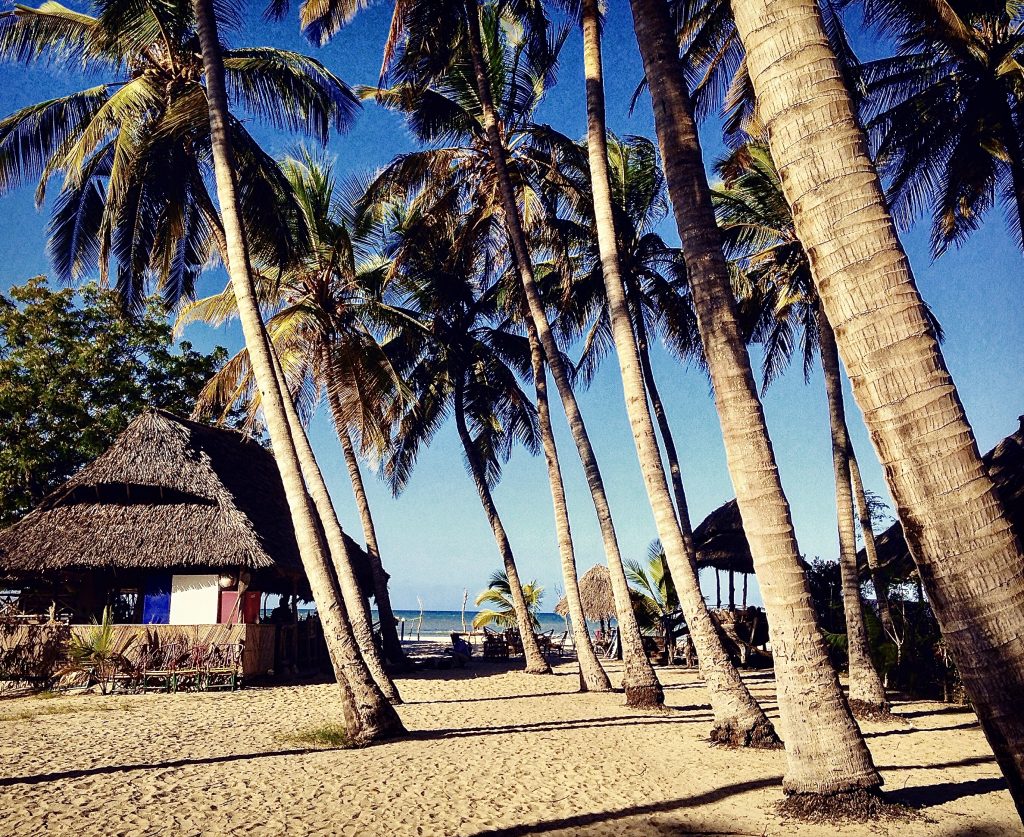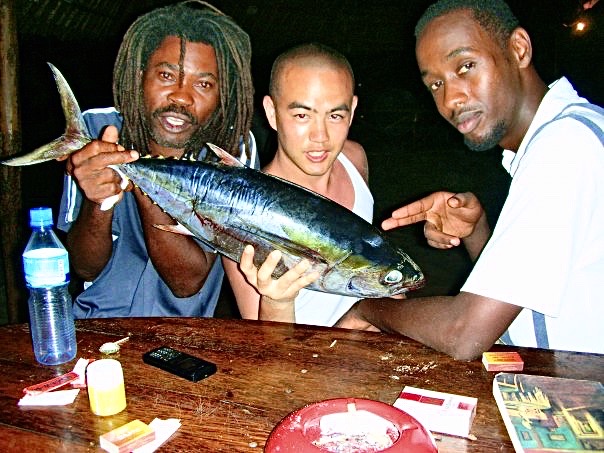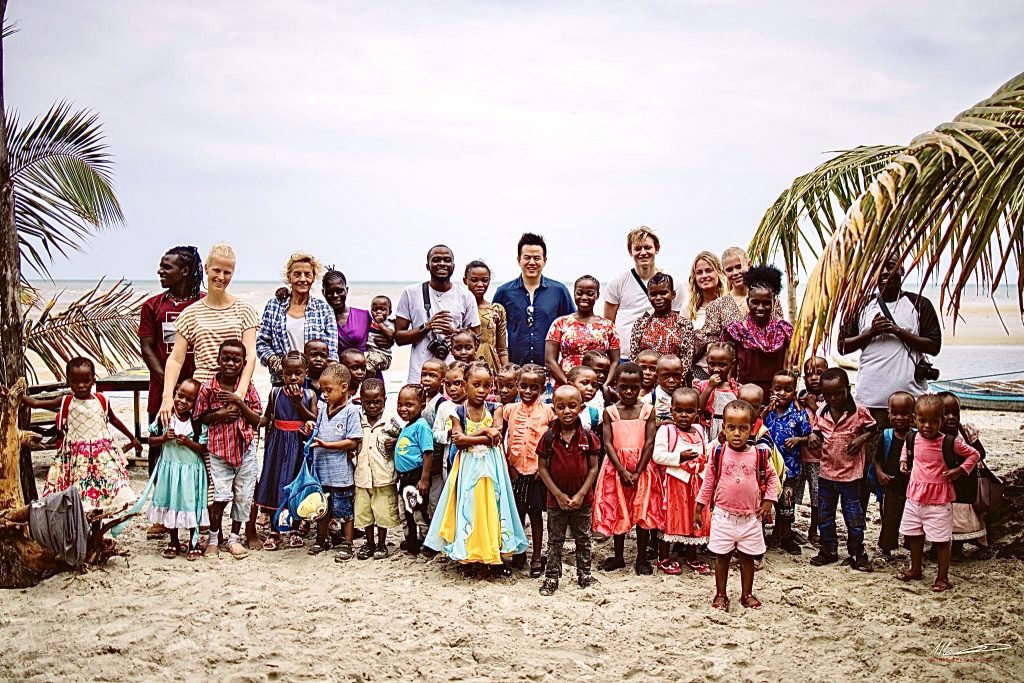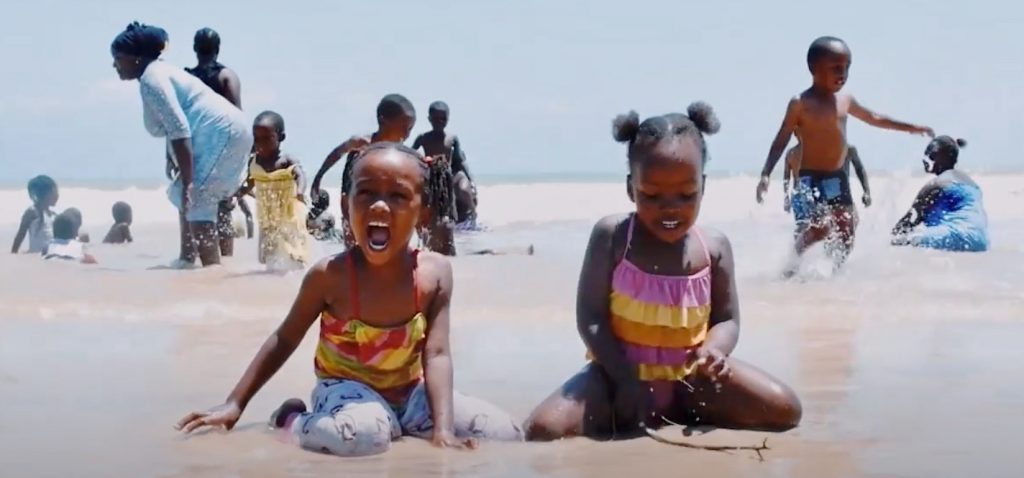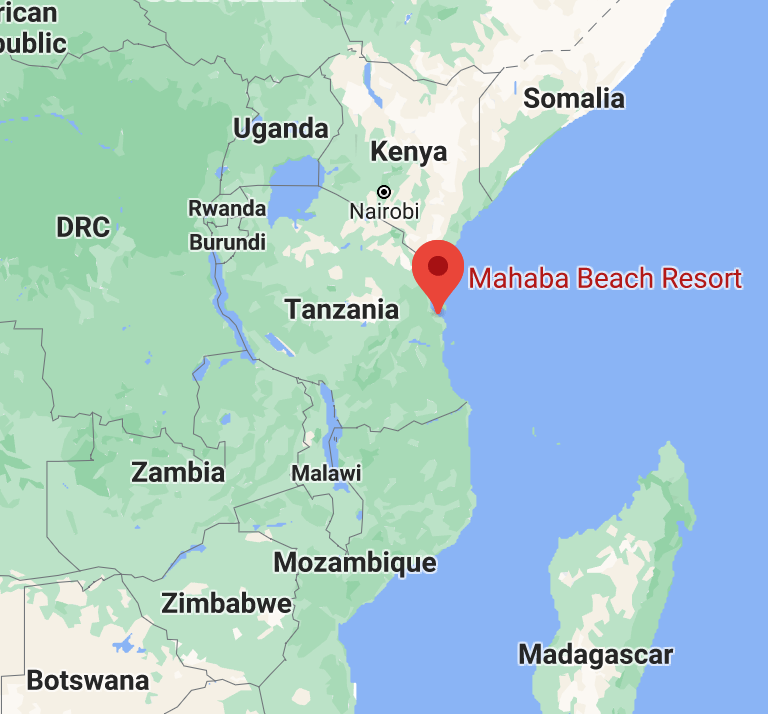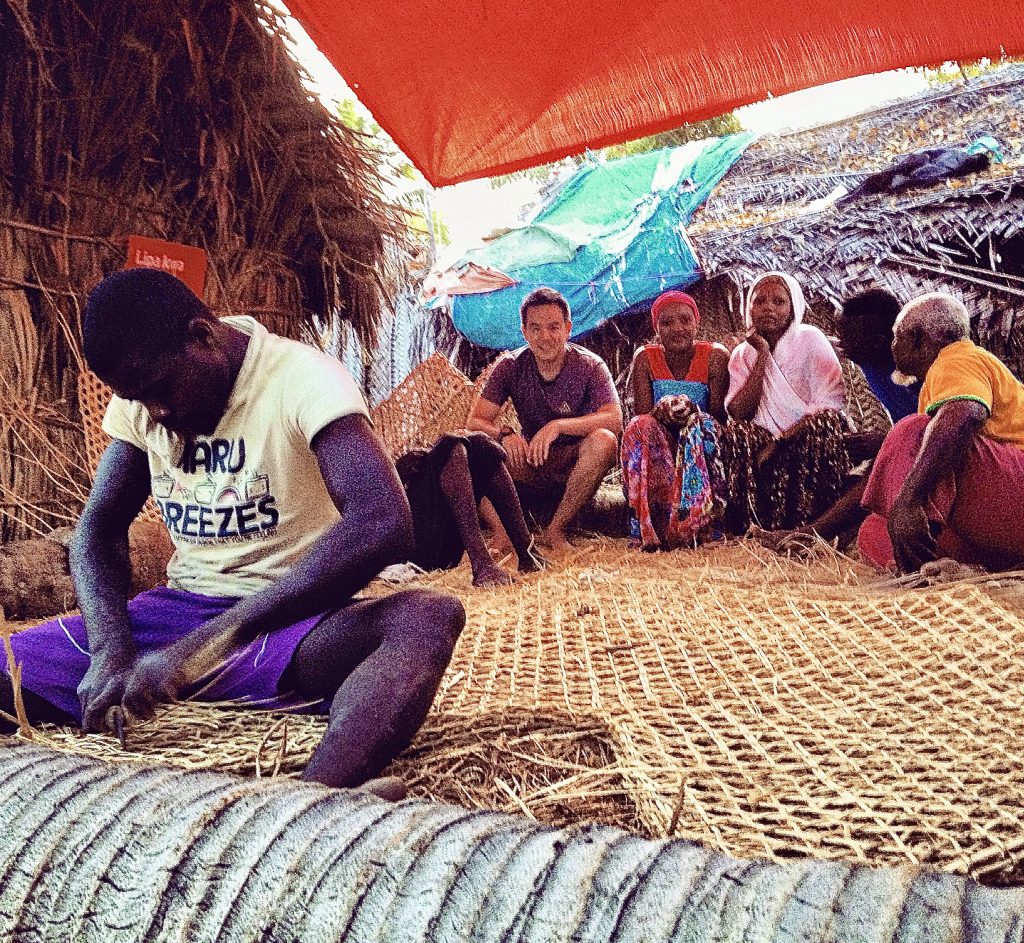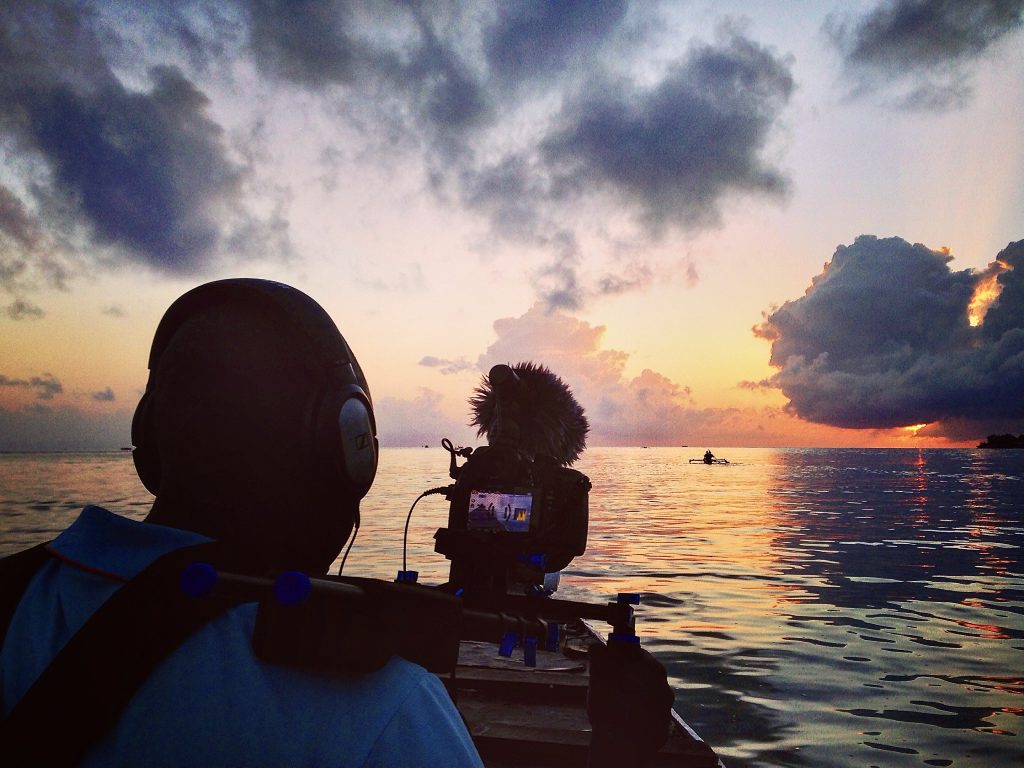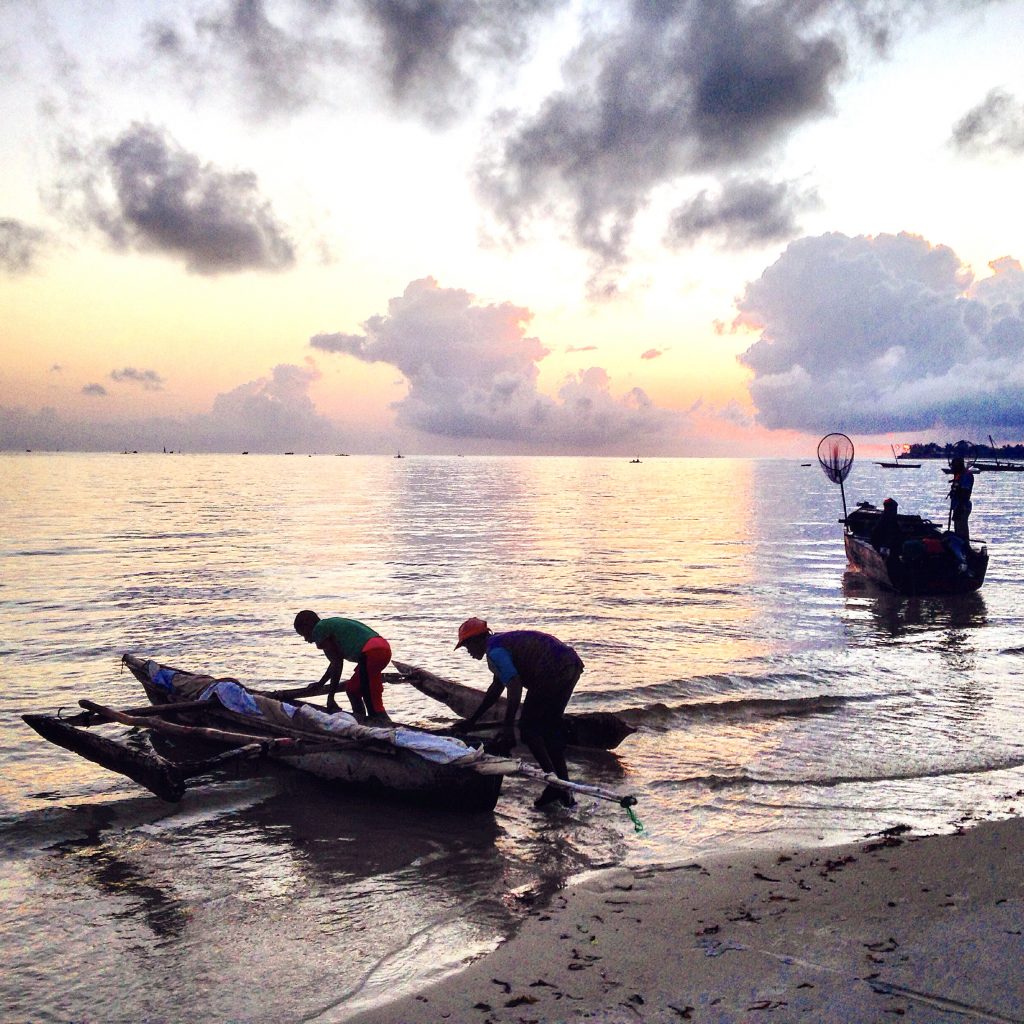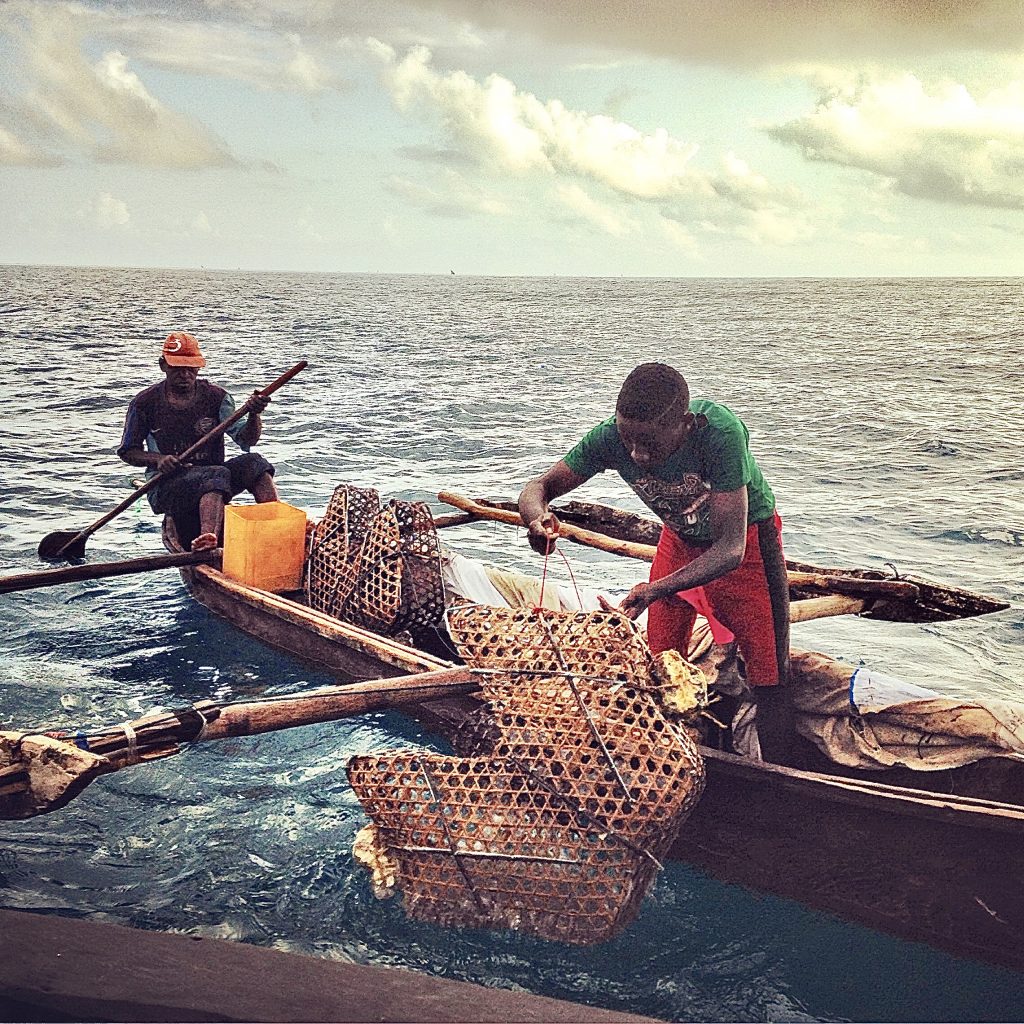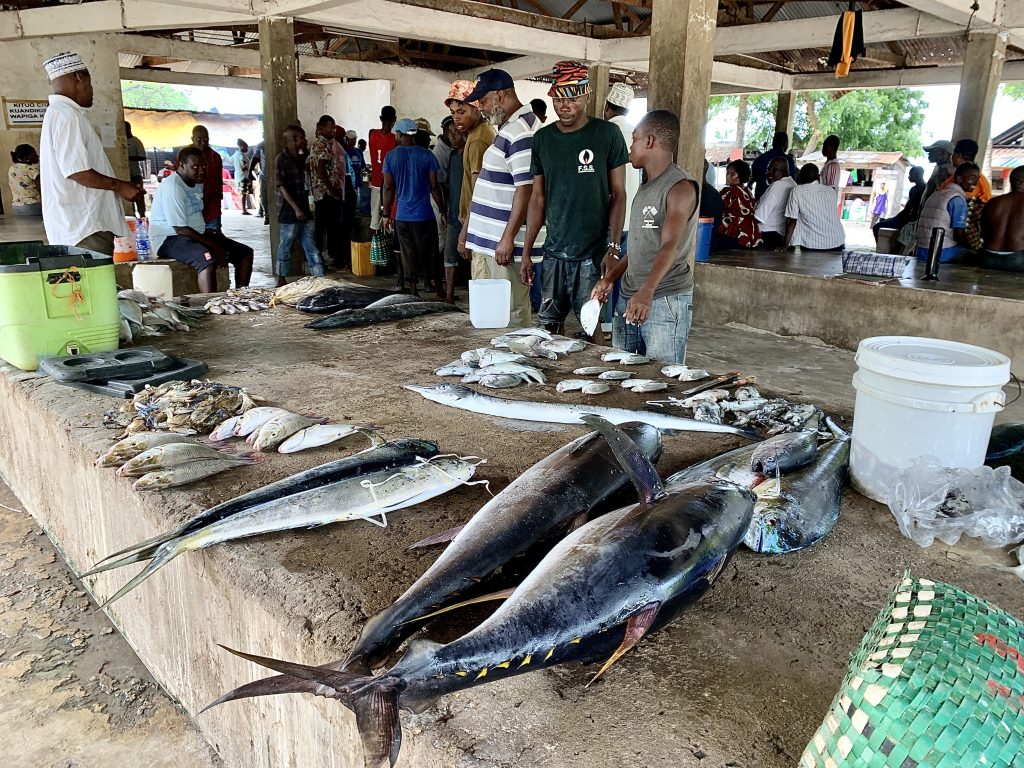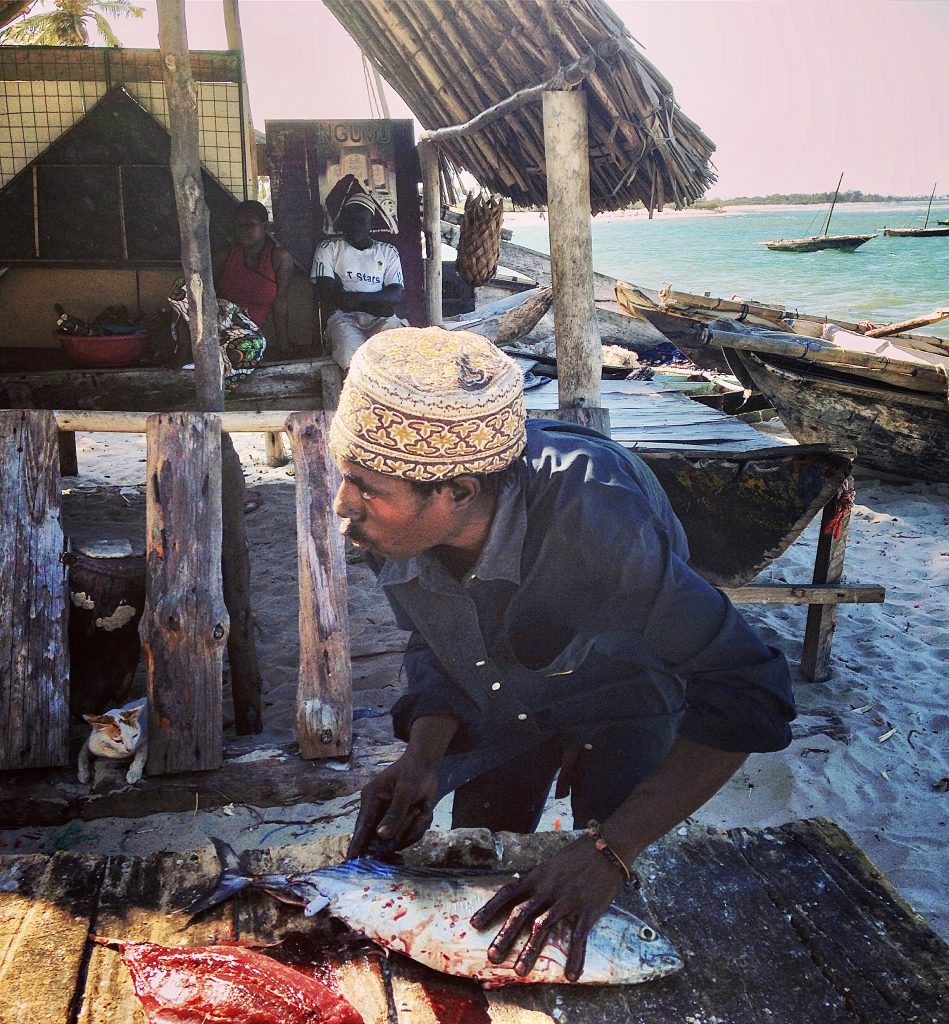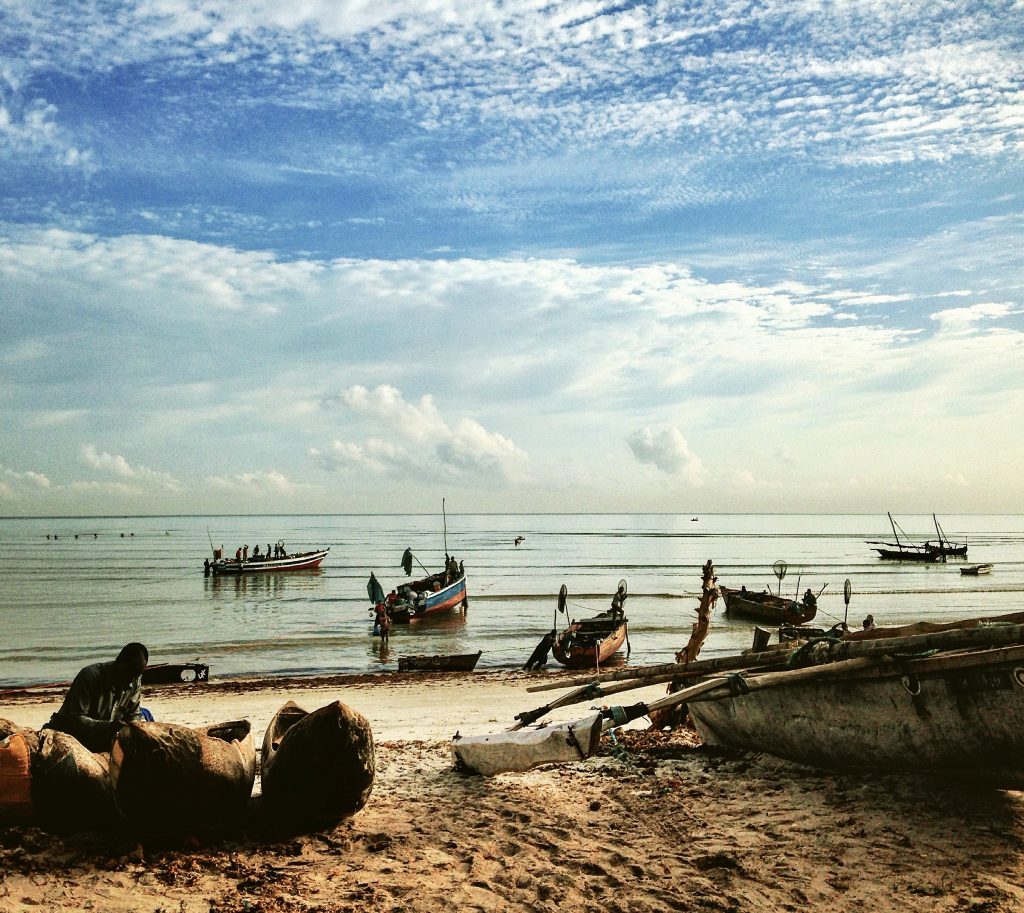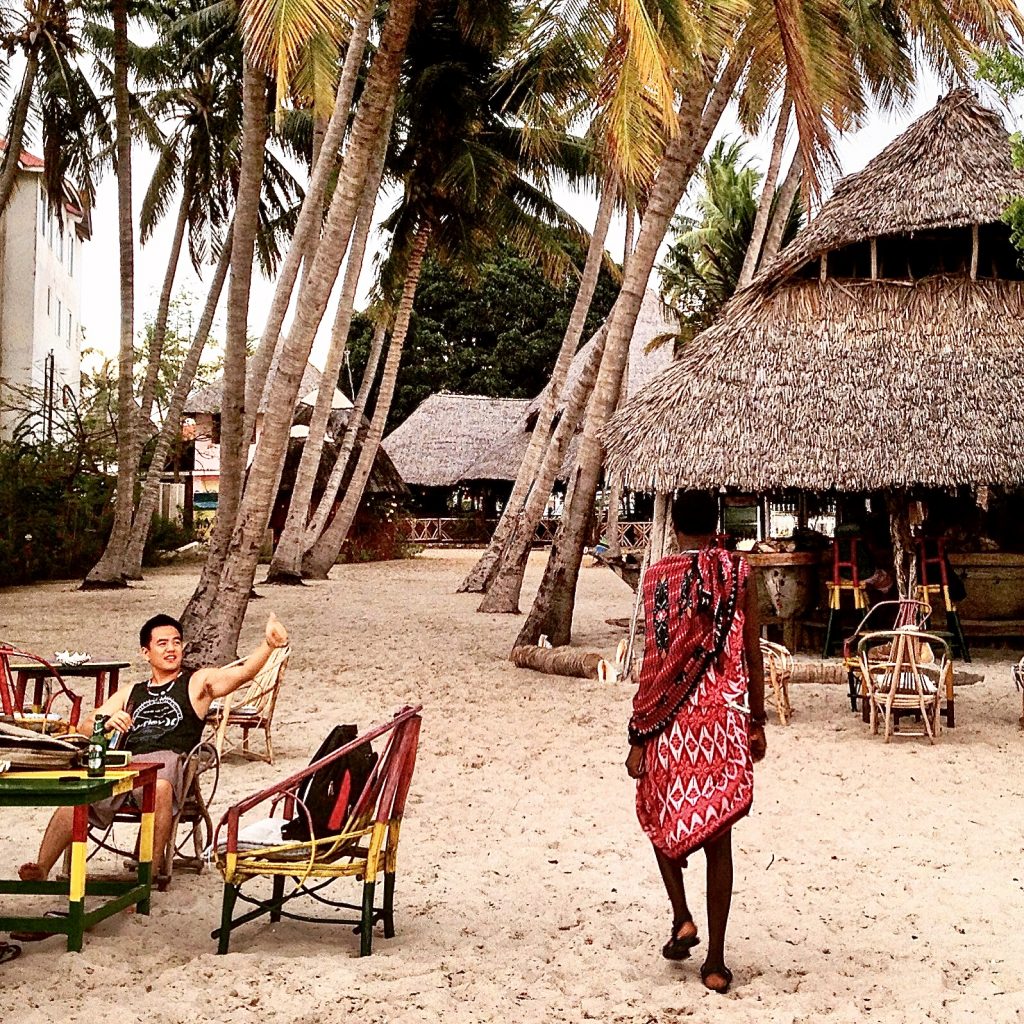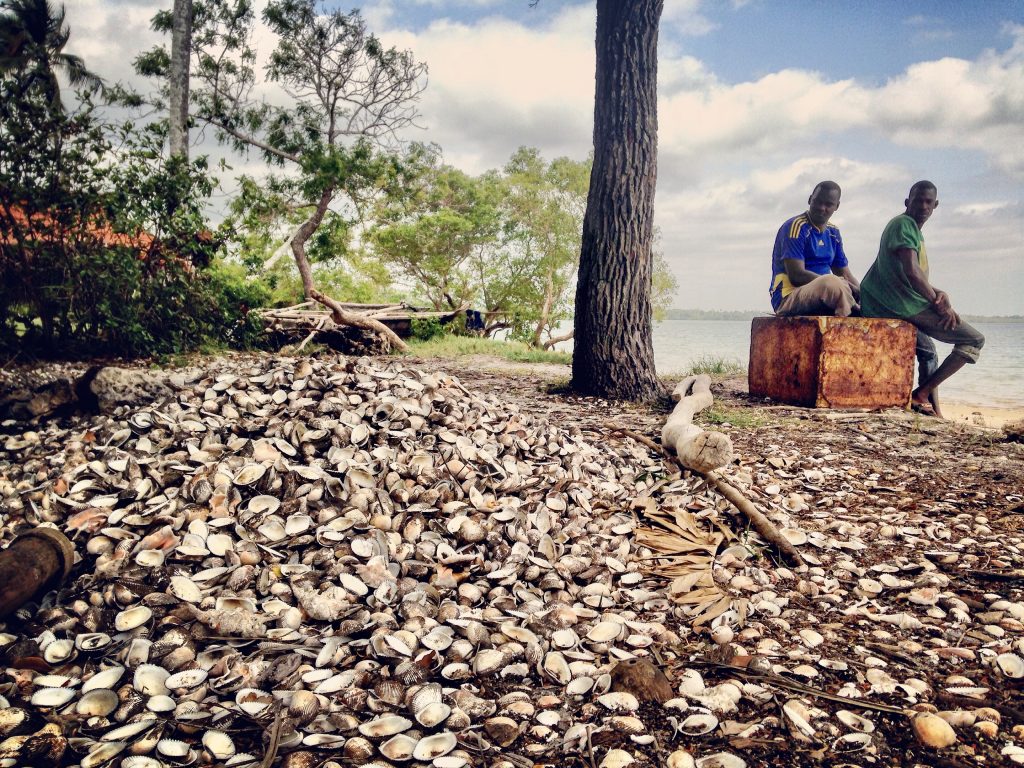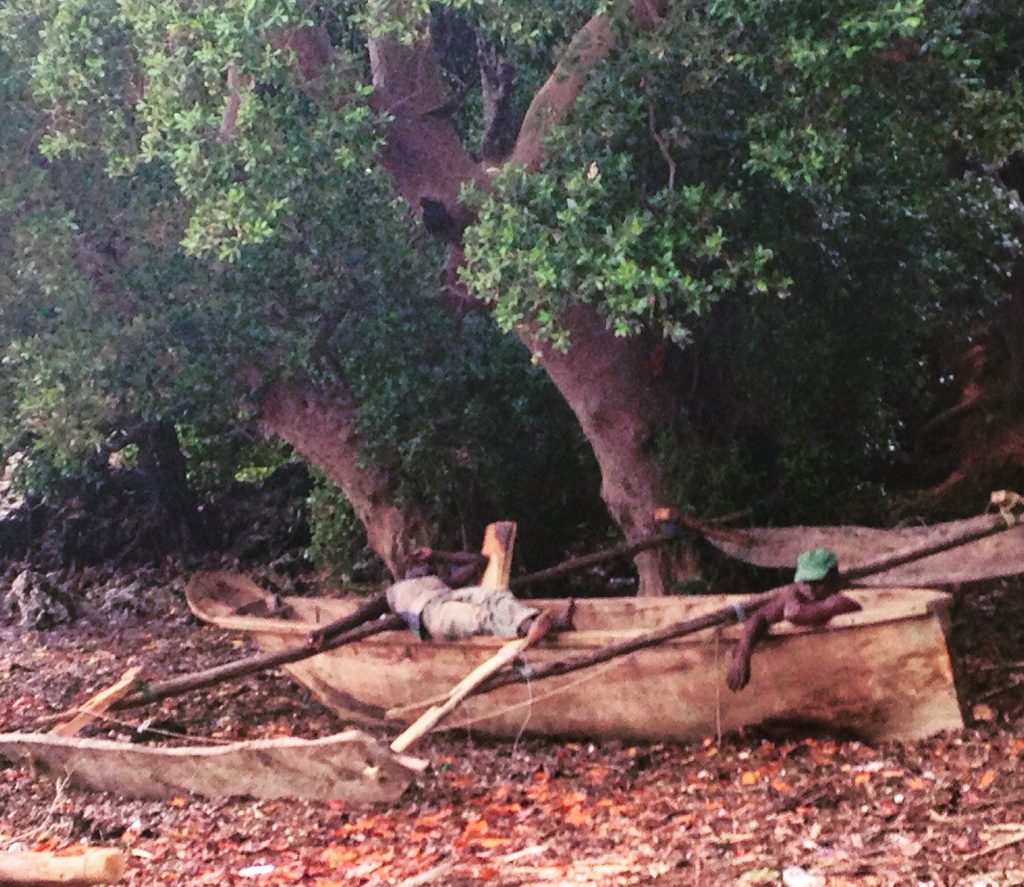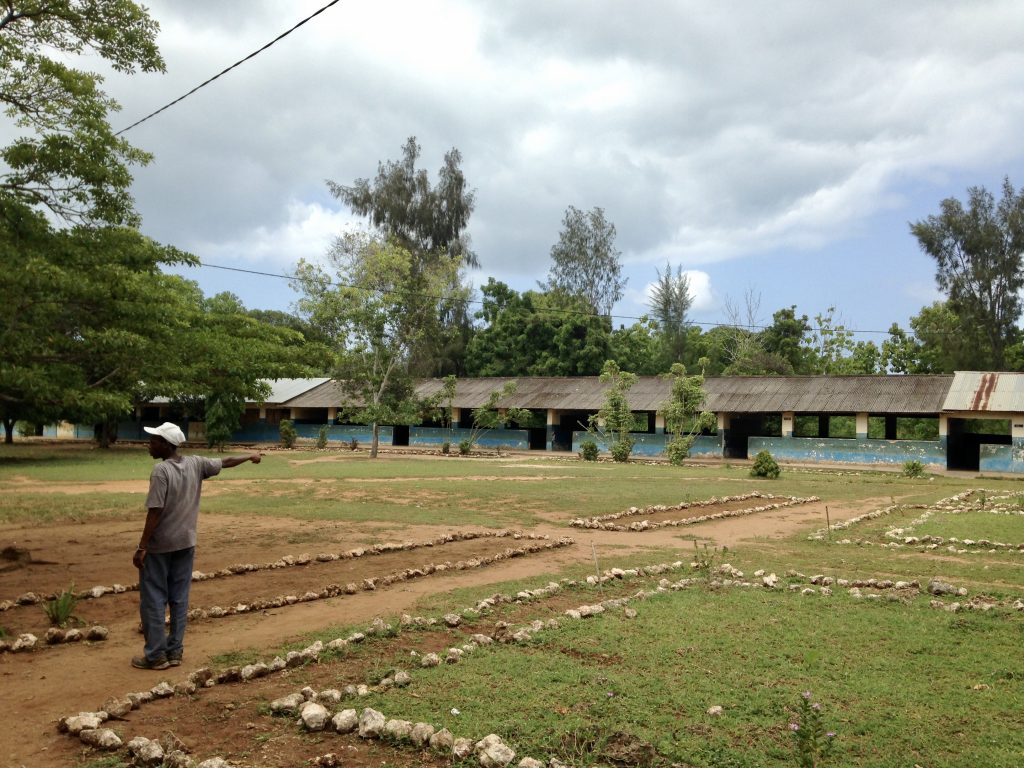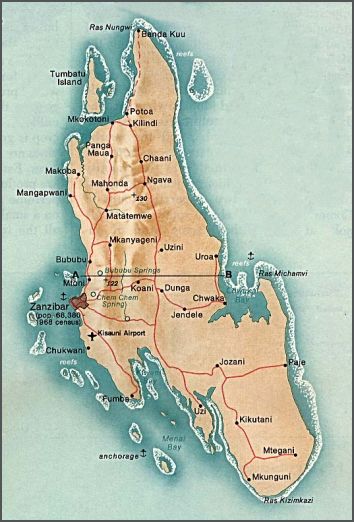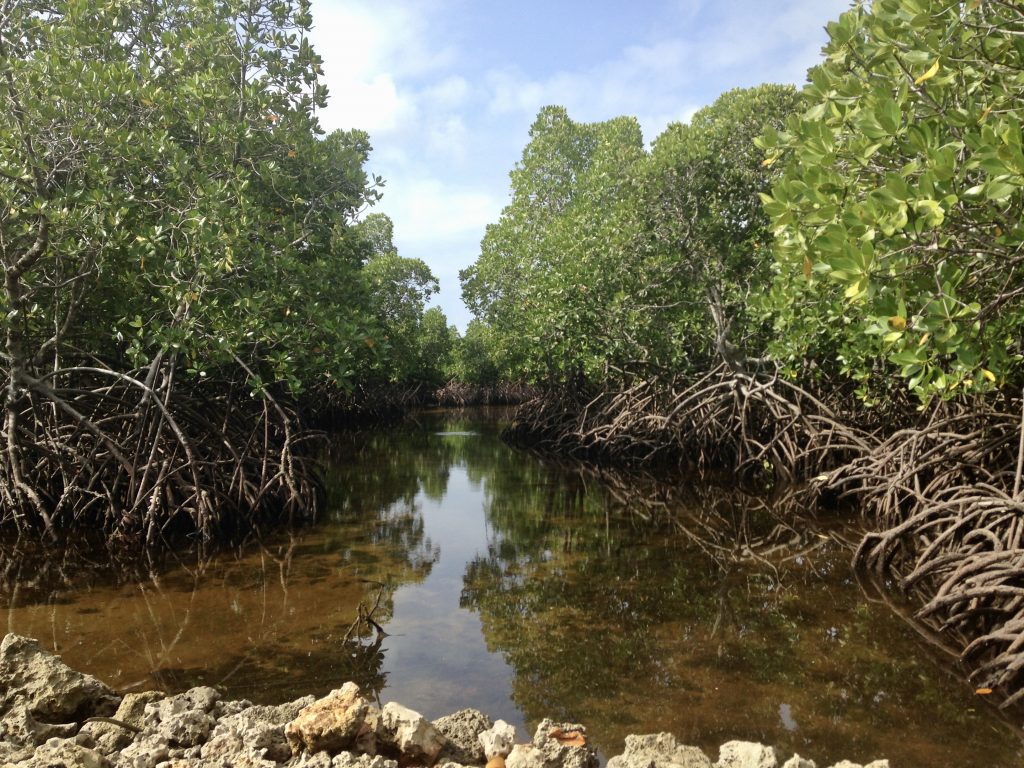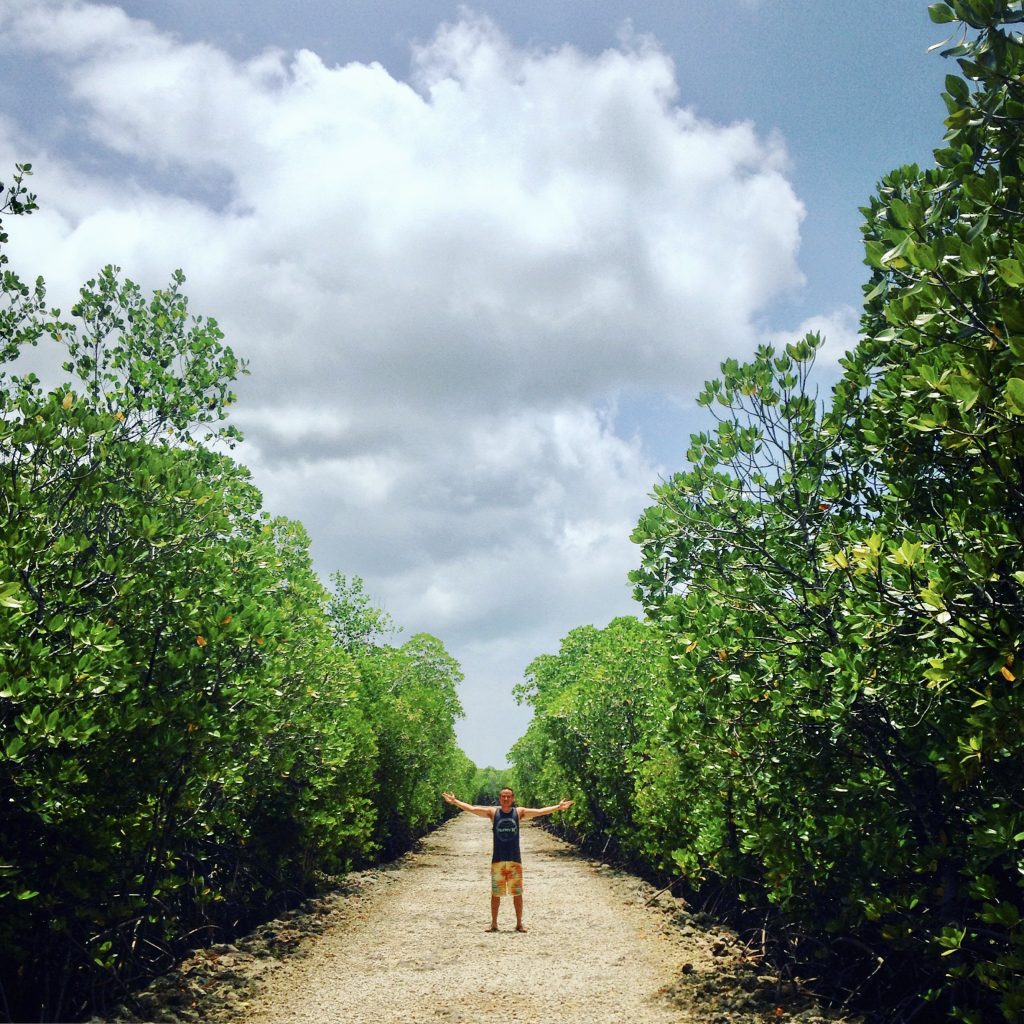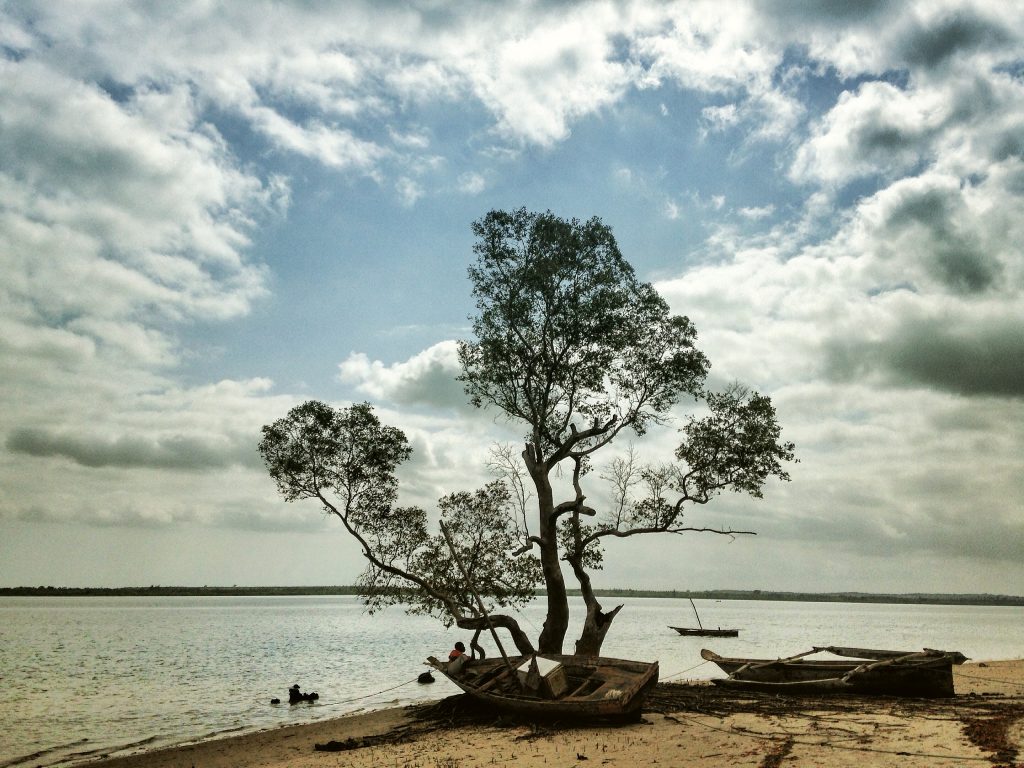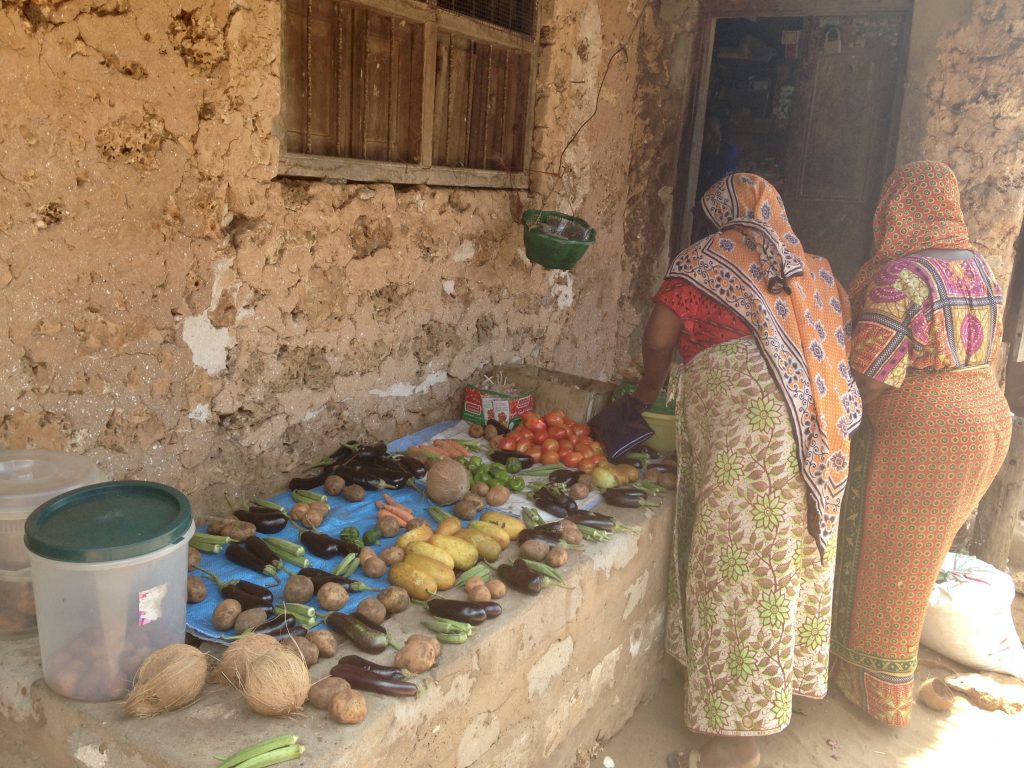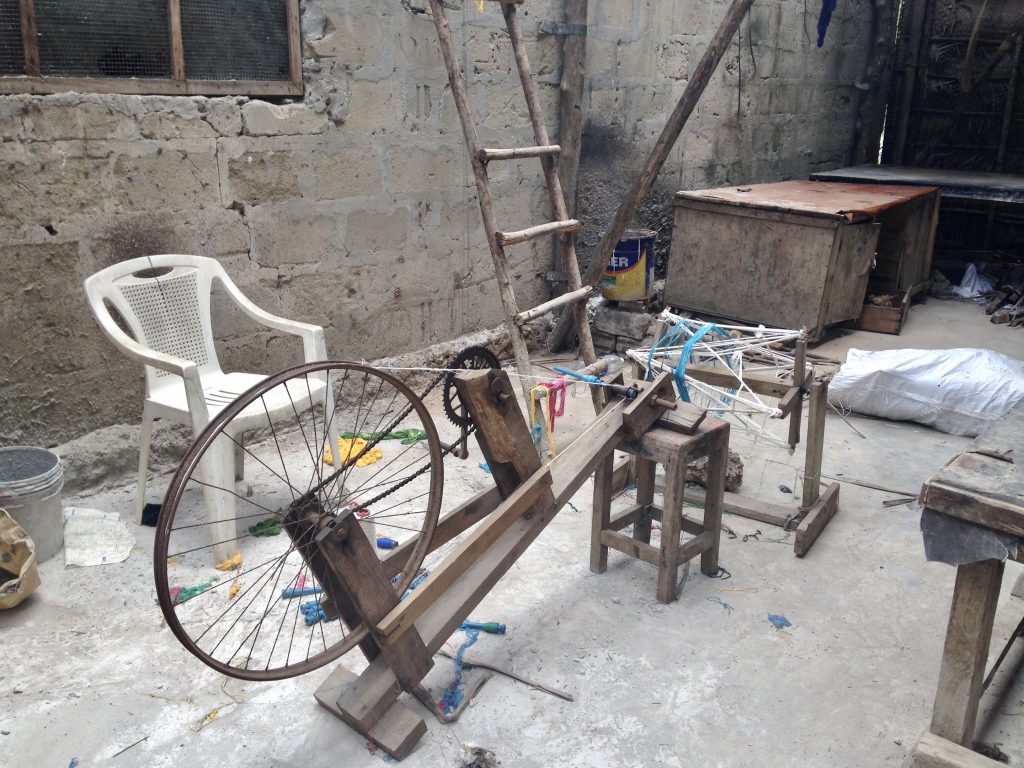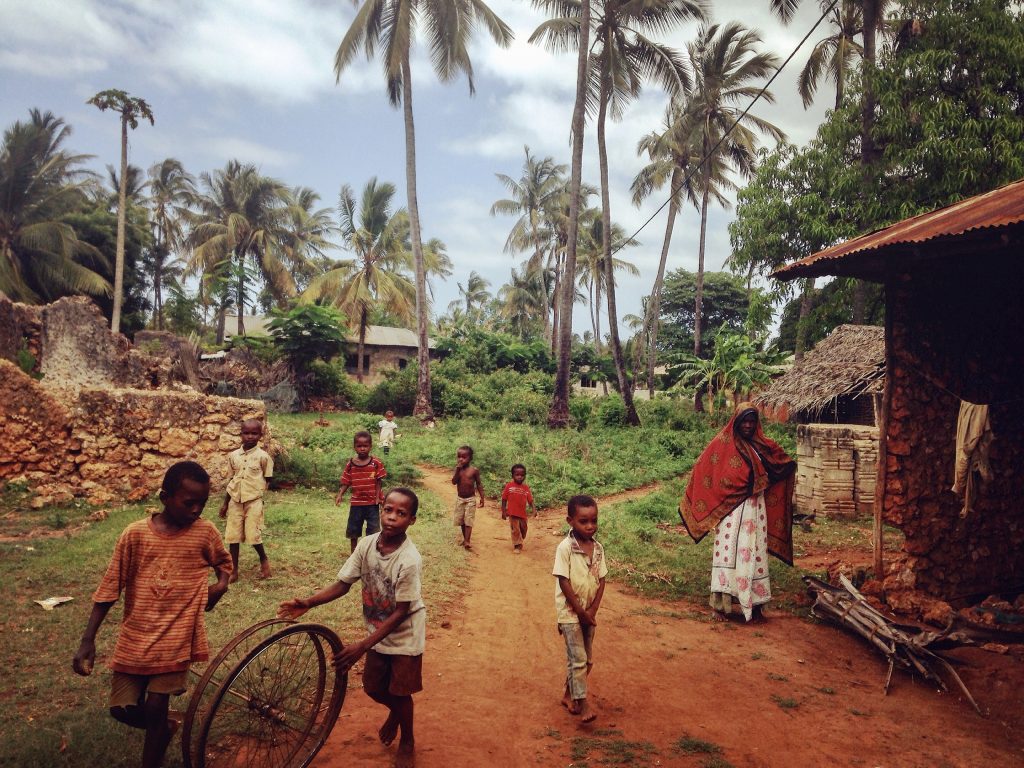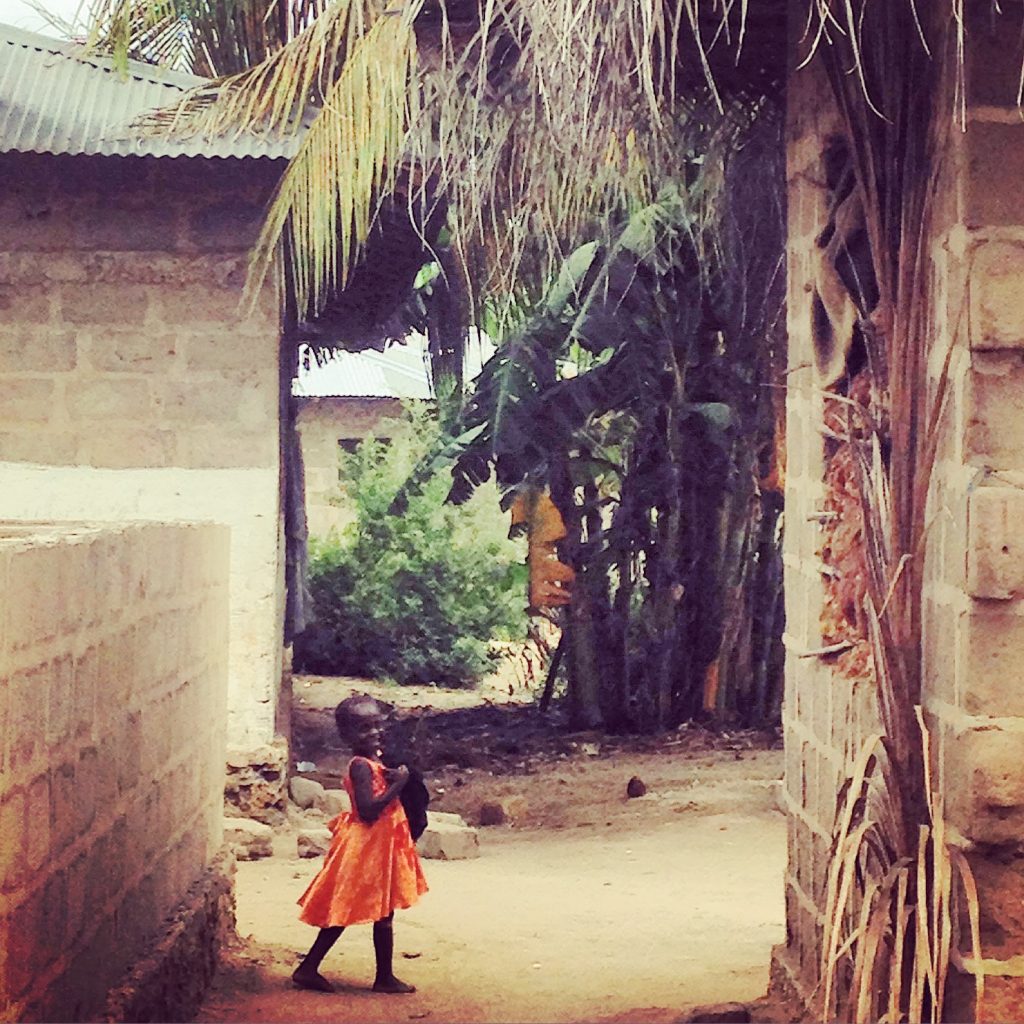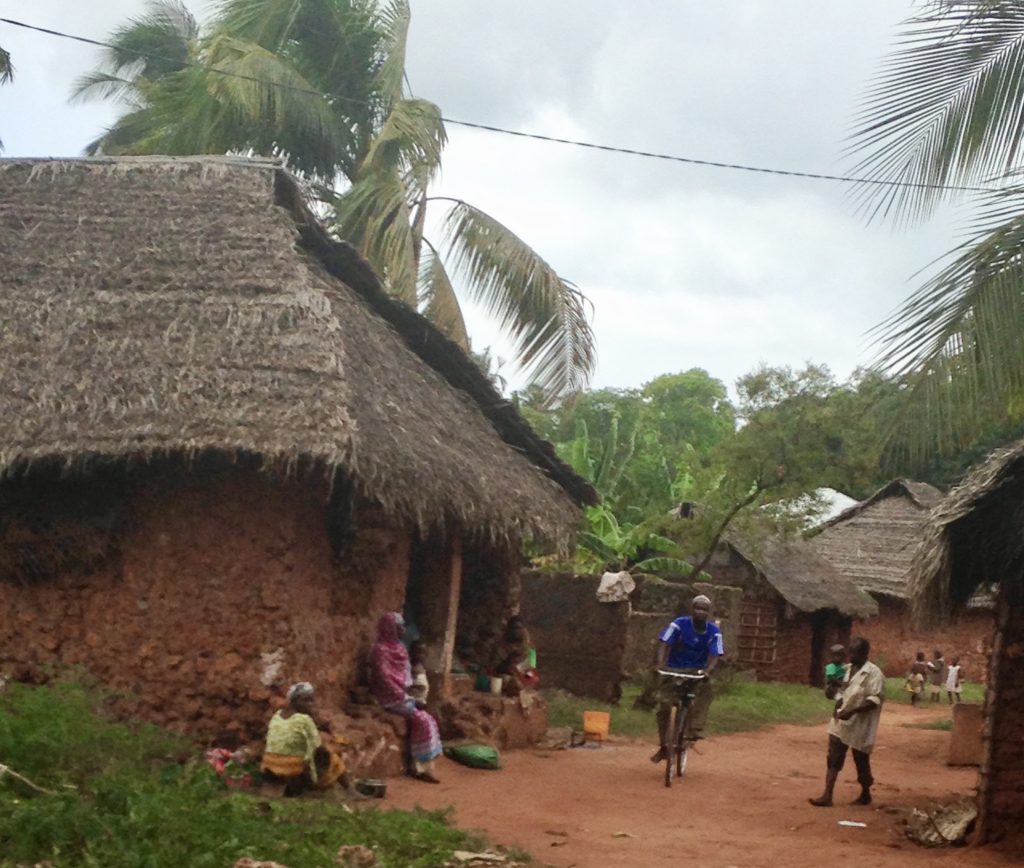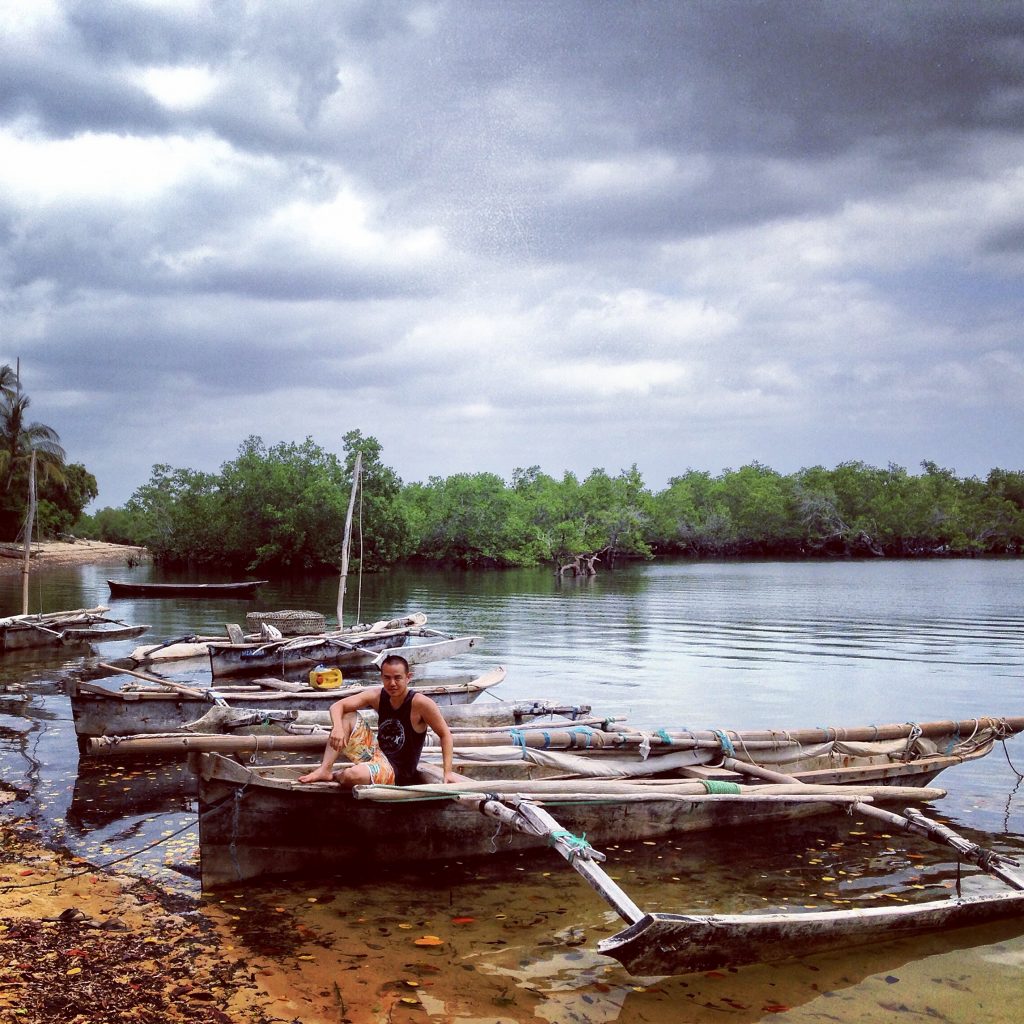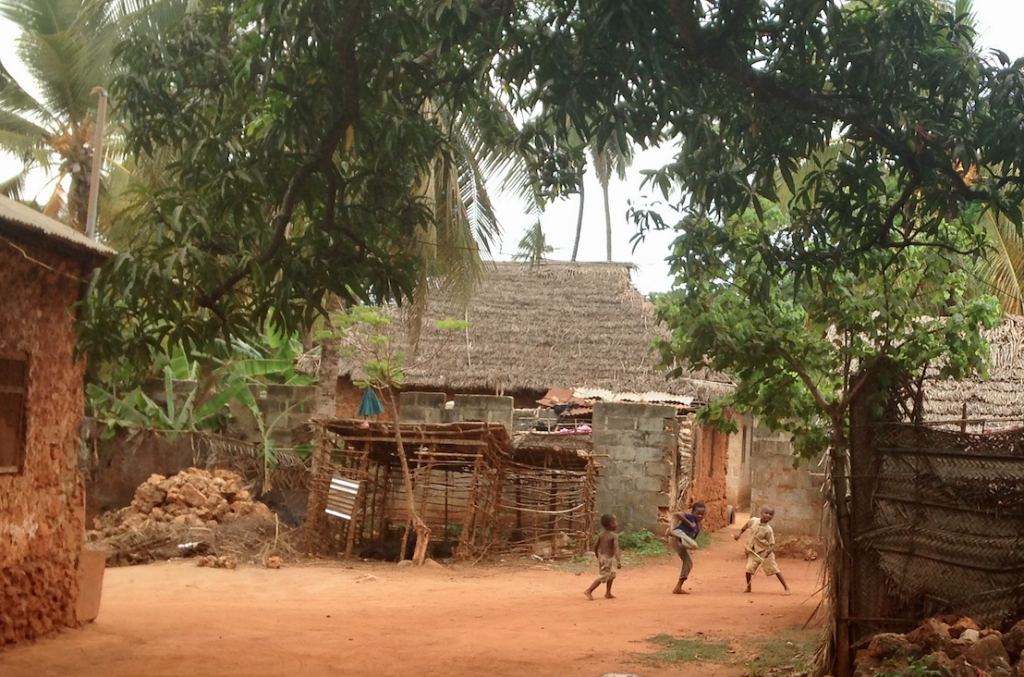
“Live, Dance and, above all, Respect yourself; Cause when all is gone, all you got is health.”
If you had 7000 HIV tests, how would you go about raising public awareness so that people would want to take them in rural Africa?
The NGO, GUTz, came up with the innovative solution of throwing music concerts to attract locals to test sites, linking up with famous musicians to create a festive environment.
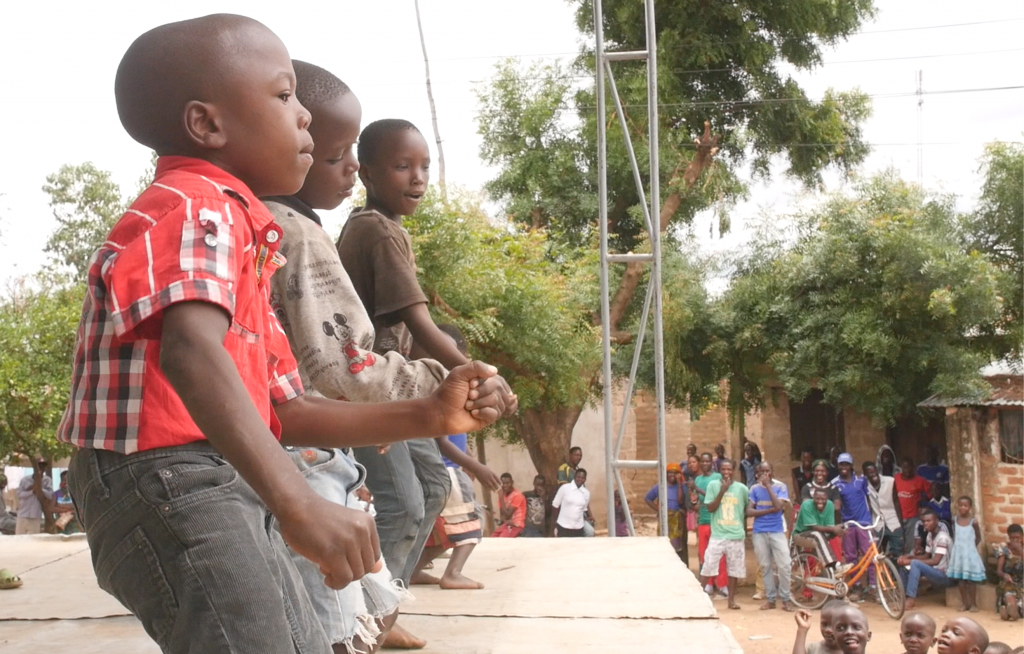
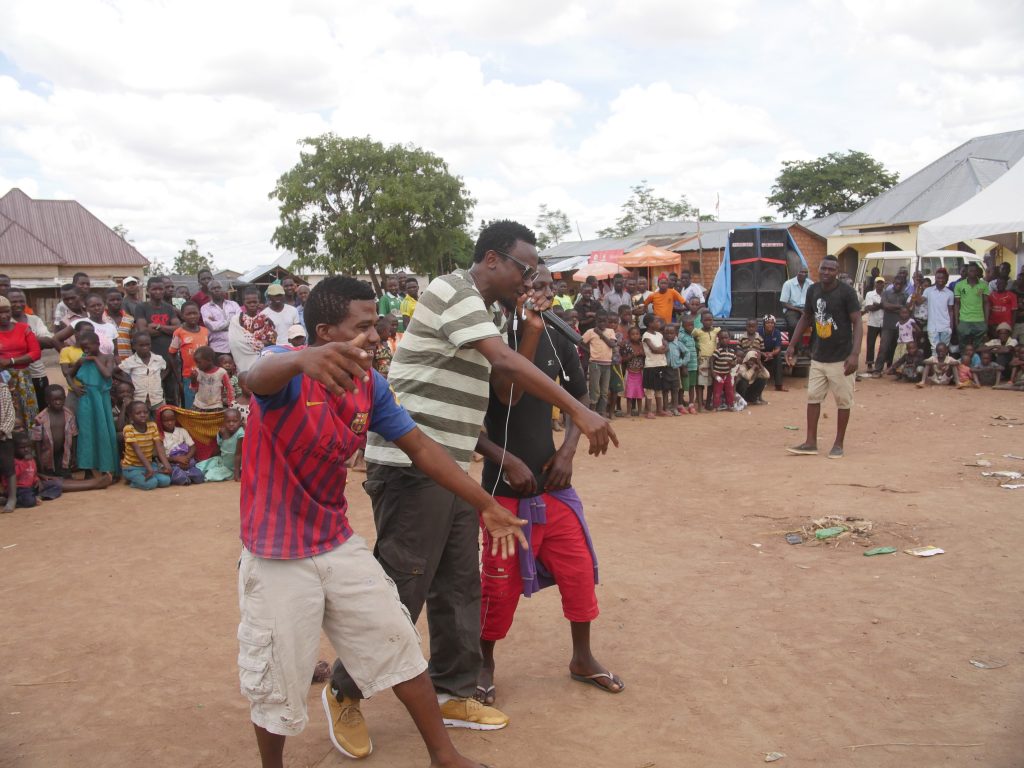
Across the span of 4 days, we hit up rural villages deep into the interior of Tanzania, south of Lake Victoria, in the Shinyanga and Kahama region.
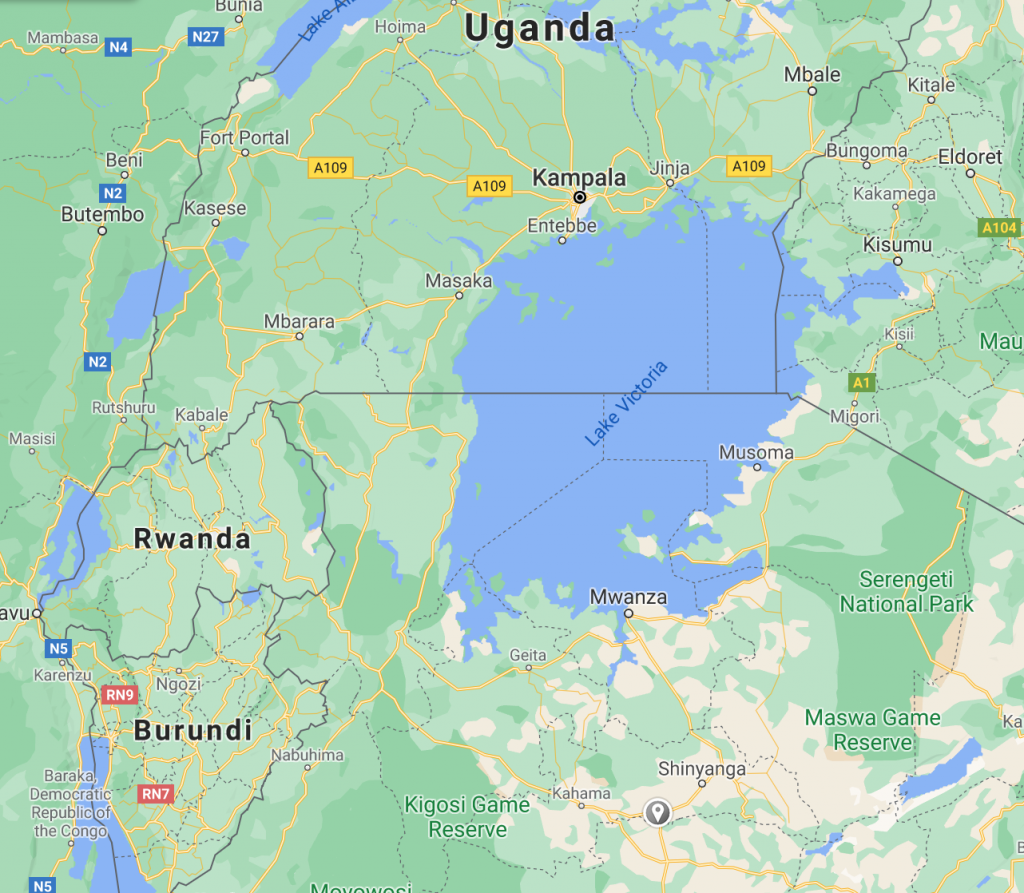
This is a part of the country so remote that even Tanzanians don’t visit, so you really get a feel for the village culture.
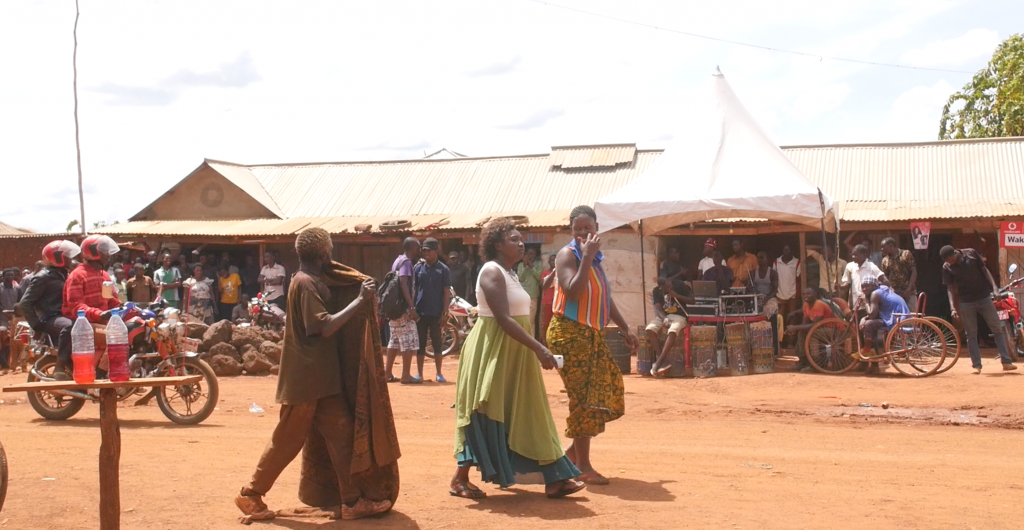
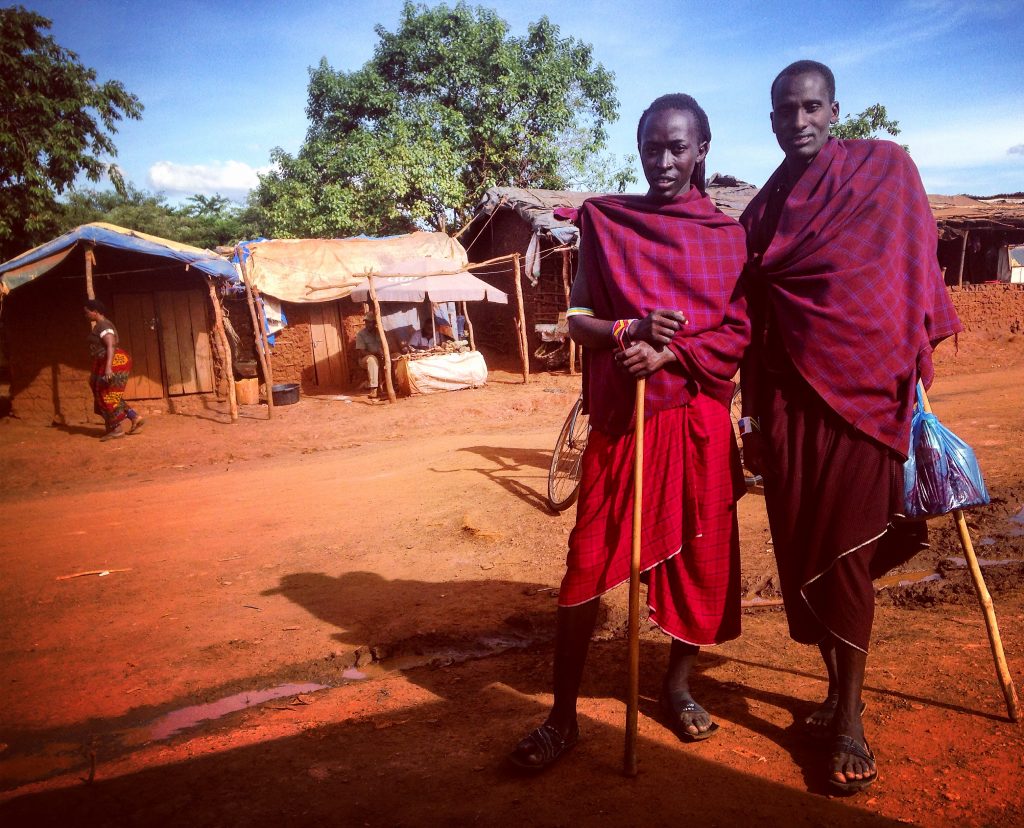
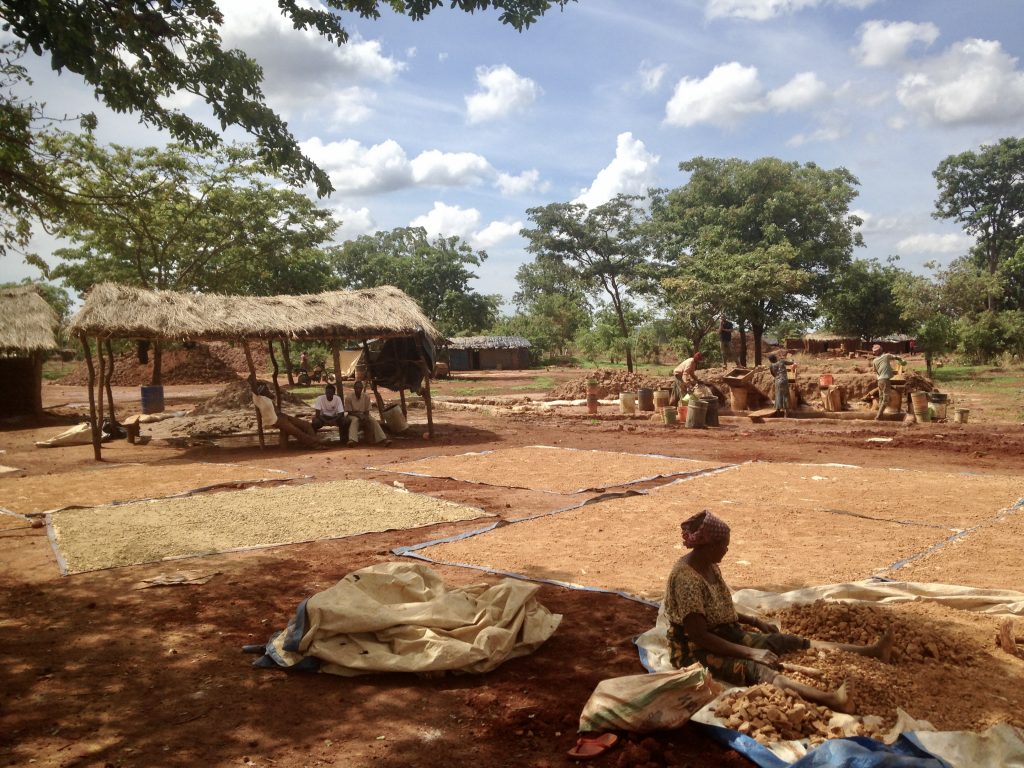
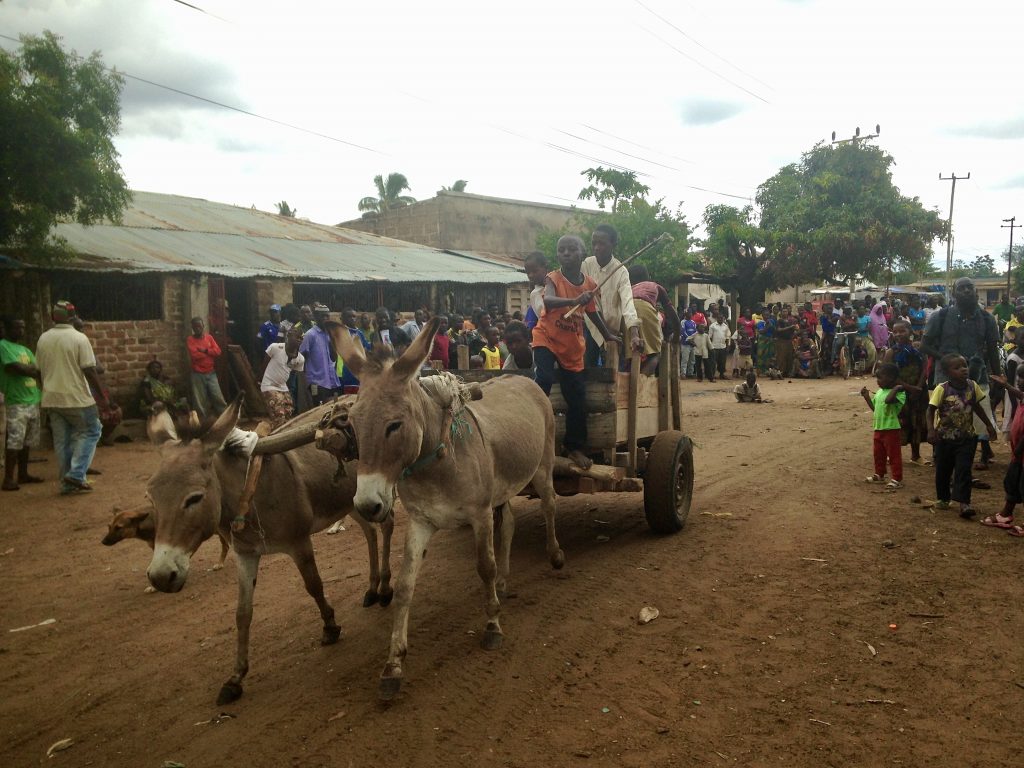
How did we get around? Sometimes by motorcycle, which is a common method of transportation in most any developing nation. You just stand by the road and hail a cyclist, like you would a taxi. And off you go.
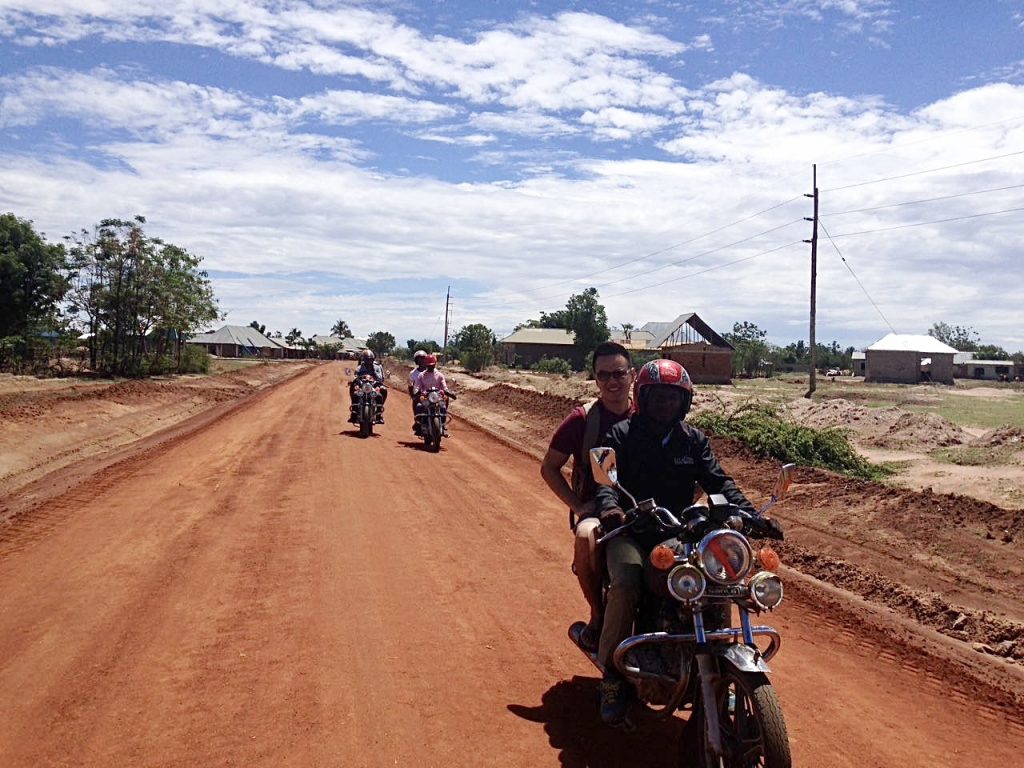
Other times we rolled by Land Cruiser.
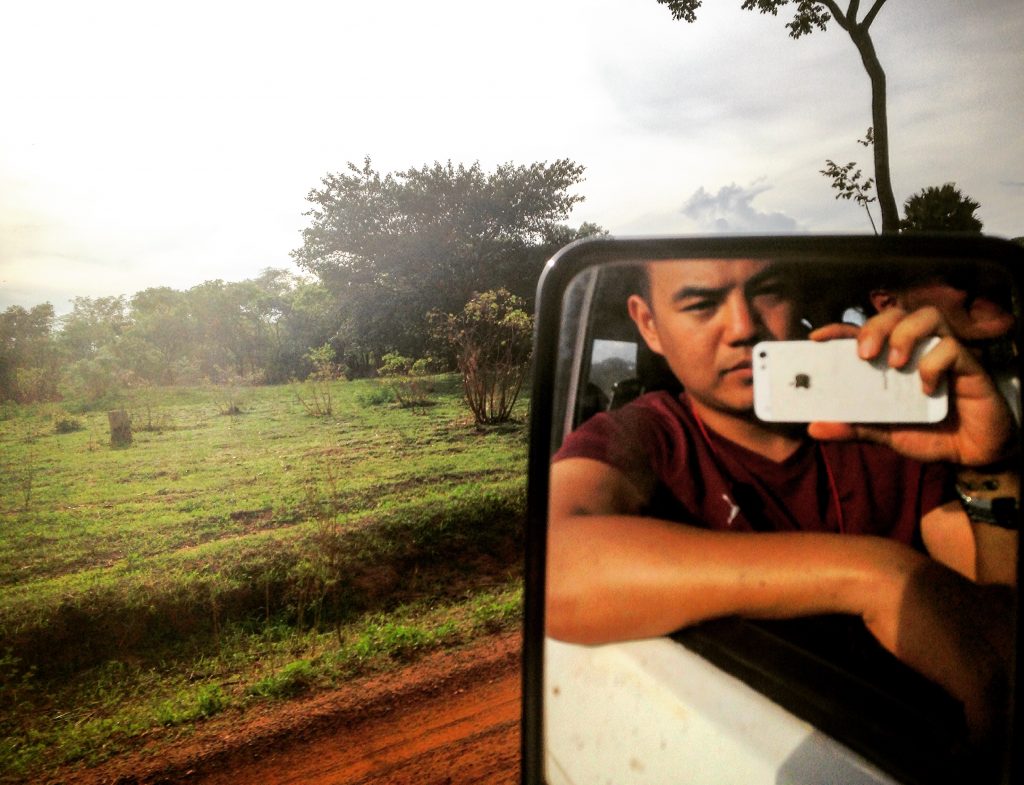
We packed round 5 makeshift canopies and placed them on top of our vehicle, then would set up shop each morning, each day at a different site.
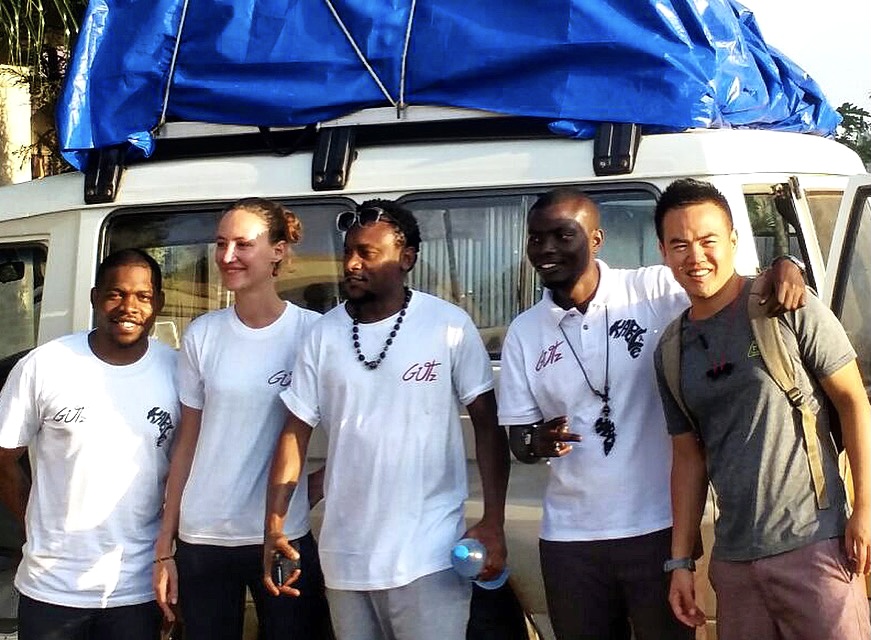
It is estimated that around 7% of the Tanzanian population (aged 15-49) is HIV-positive so it is dire to educate these individuals, especially in the rural communities, about the virus. Tanzanian beliefs regarding health are often shrouded in folklore and shamanism, however, which presents an imposing challenge to creating change.
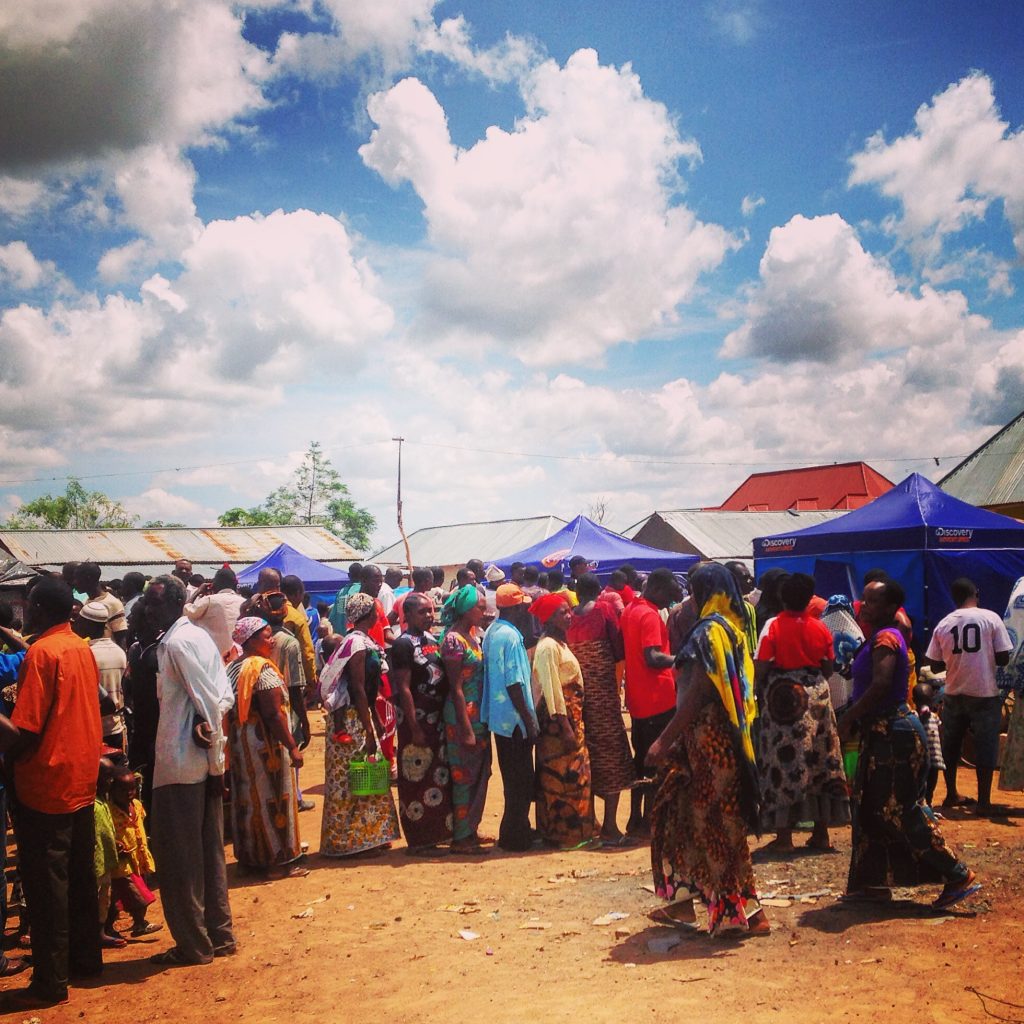
One of the interesting things about traveling to remote areas is that they could be steeped in thousands-of-year-old beliefs and traditions yet still have Coke and beer available at every corner shop, which is sometimes just a wooden frame.
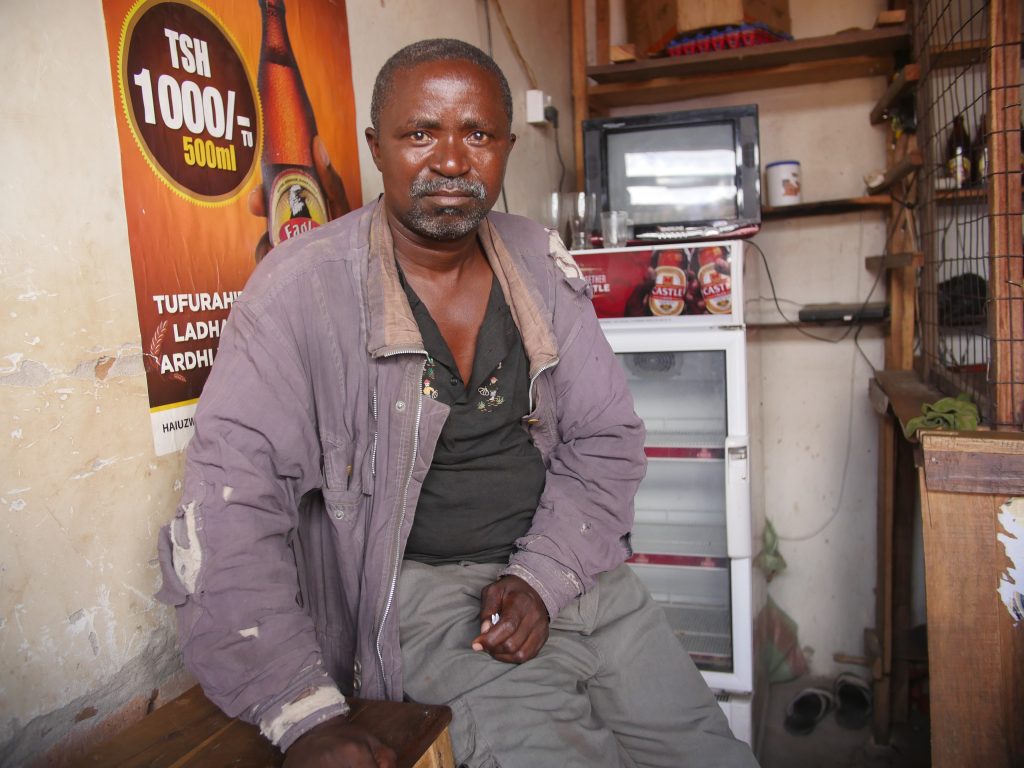
In our ever globalizing world, consumerism travels faster than education unfortunately, for it really takes effort to educate a poor, rural region when there is no profit incentive to do so.
So the children get cavities instead.
My role on the team was to help GUTz document activities alongside my filmmaker, Ben. Regarding the kids here, they sometimes greet you suspiciously…
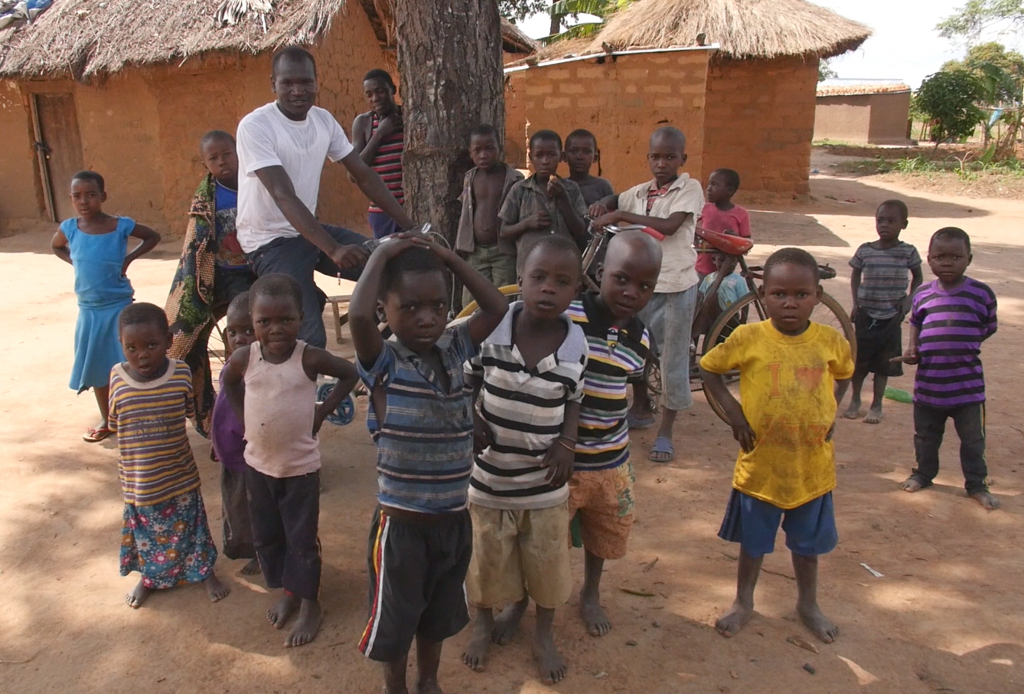
While other times with a fist bump.
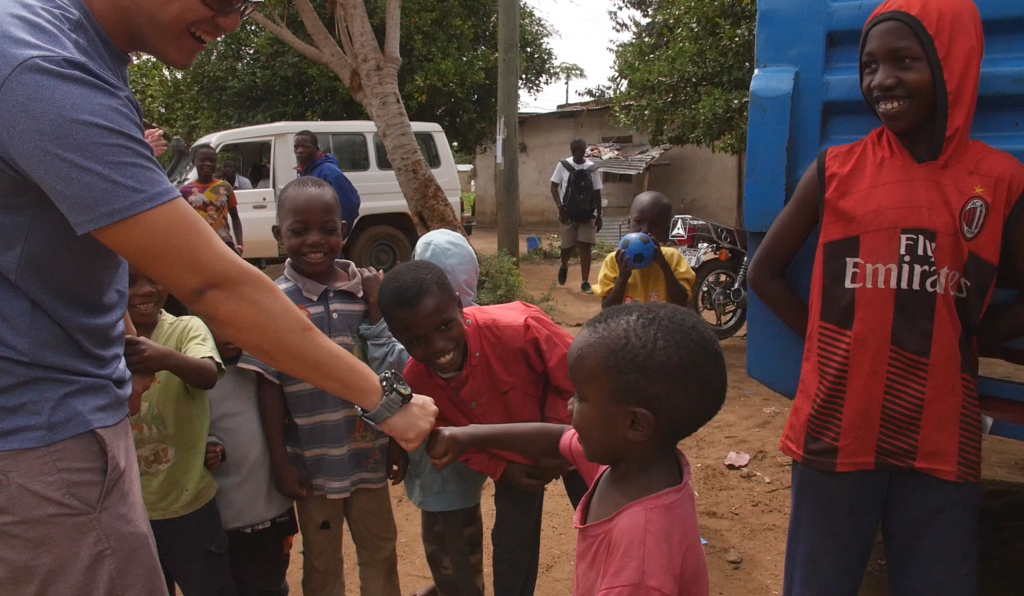
But this is the reason why some people are driven to venture far out to remote regions and countries to do community work. At the end of the day, there’s a void to how much happiness can be bought.
To gain a clearer sense of purpose and conviction, at some point we have to contribute to the well being of others. If that’s to our friends and family, great. If that’s to those living thousands of miles away, that’s not too bad either. For its interactions like these that will instill in the next generation less bigotry and hate.

So I’d like to encourage all nomads out there. Always remember you’re a representative of your country and ethnicity. I don’t mean that as a matter of pride — what I mean is that your actions carry greater weight than what you do as an individual. Treat others well and greet them with a smile. That gesture will carry itself forward.
And, above all, as long as we still got our health, let’s keep it moving.
